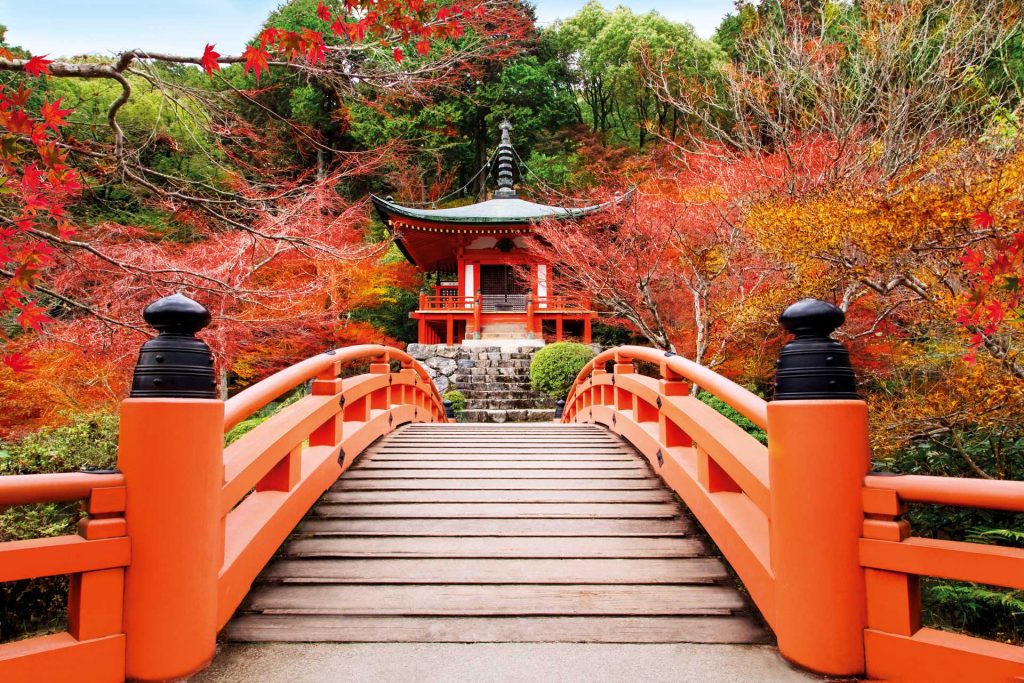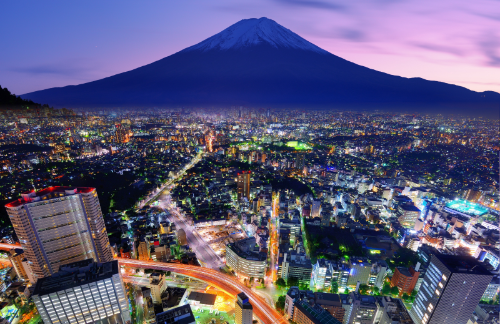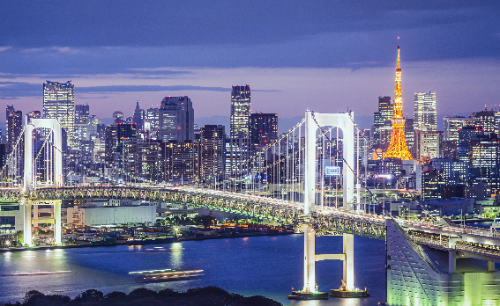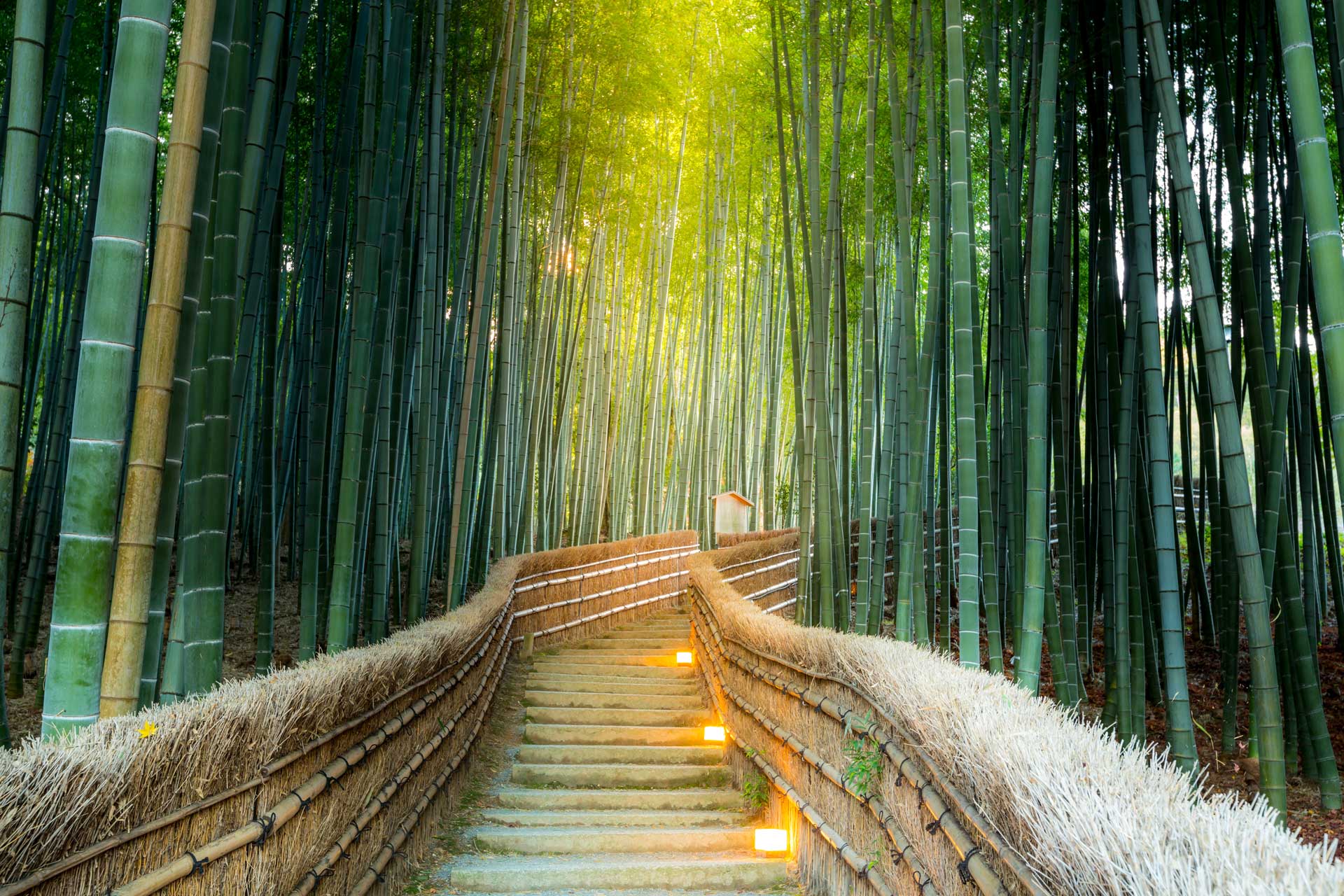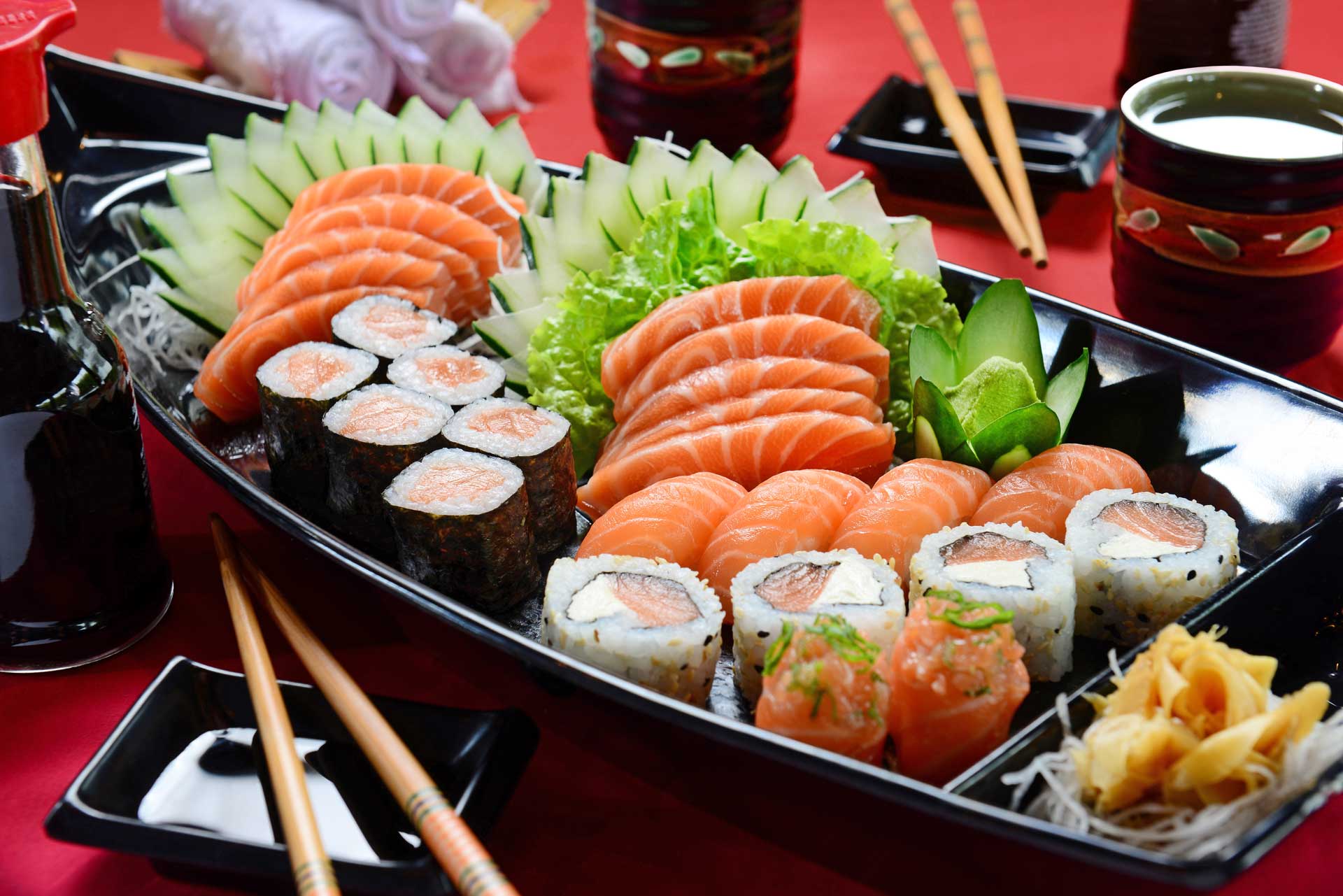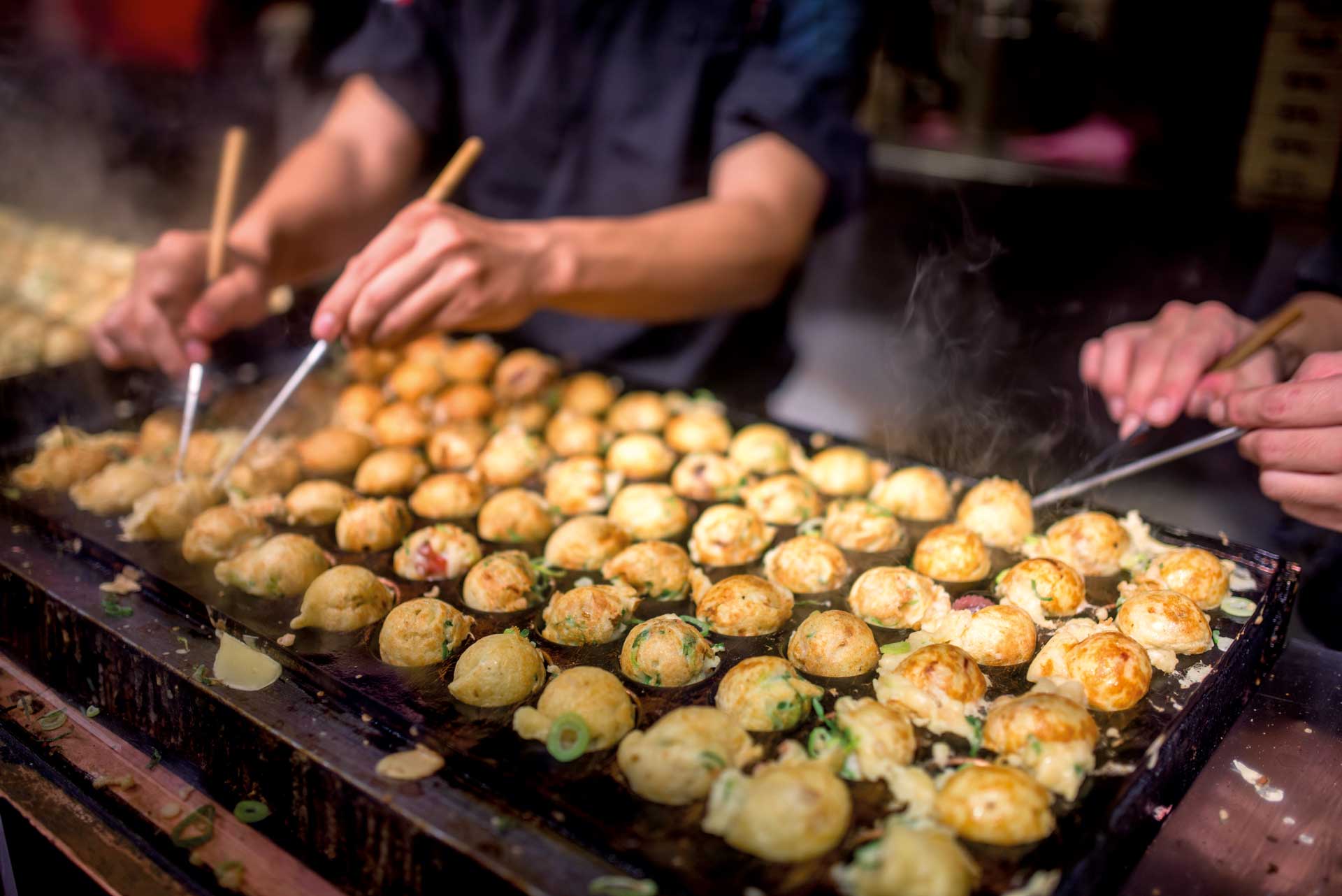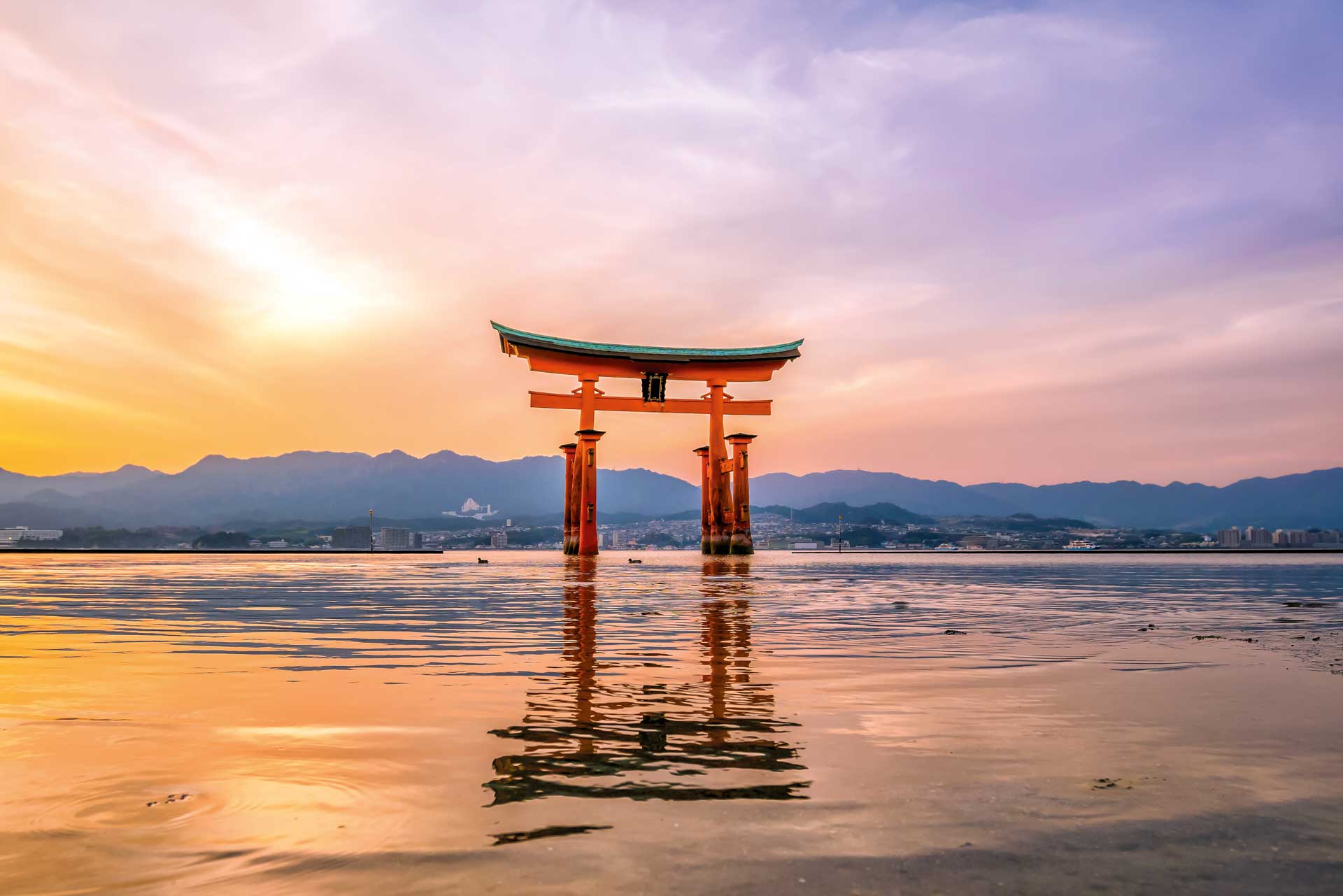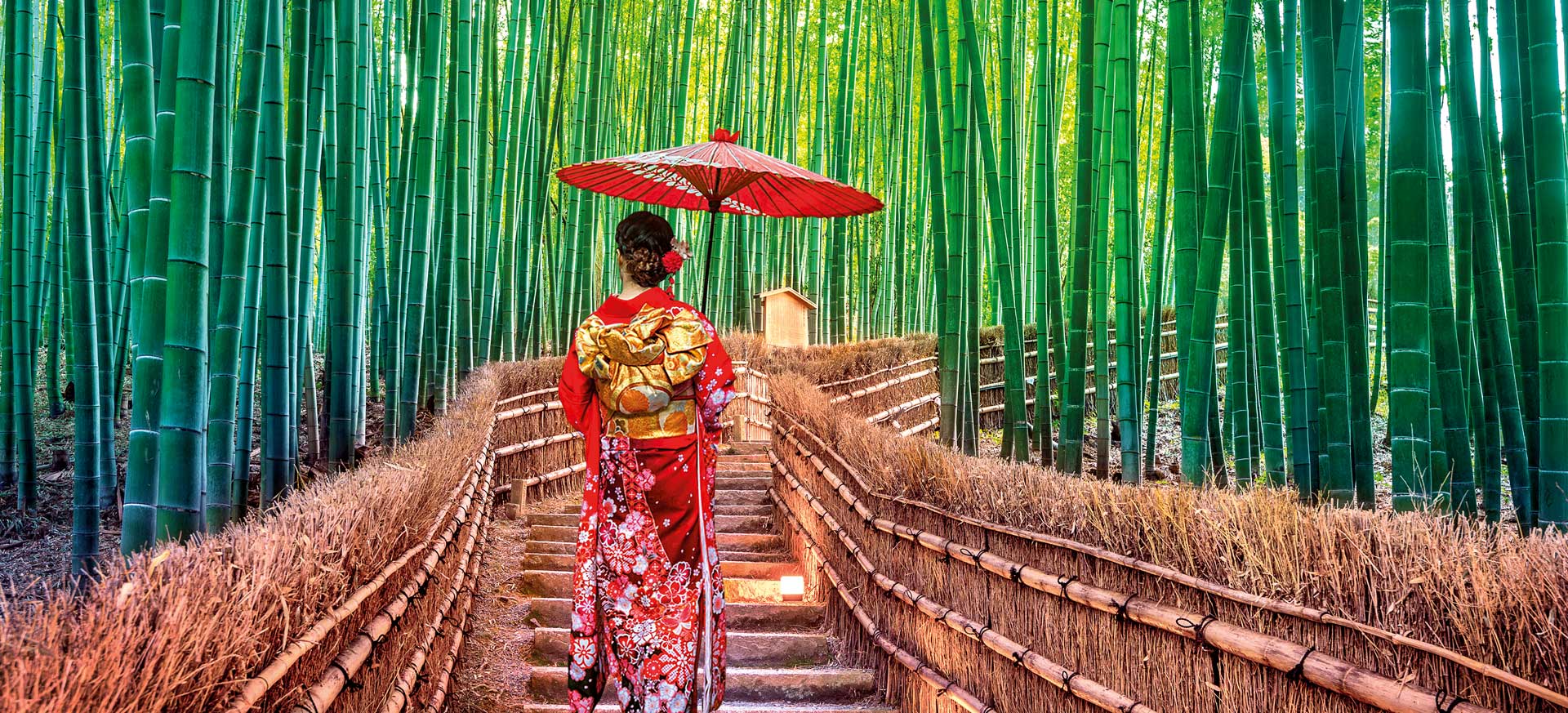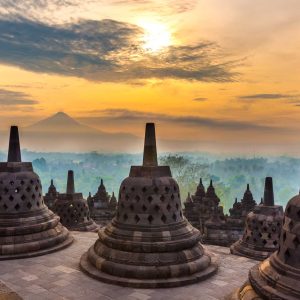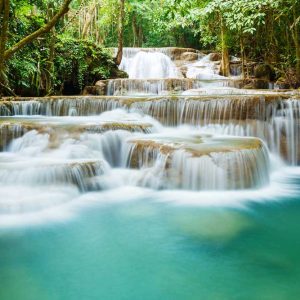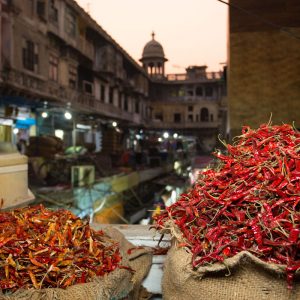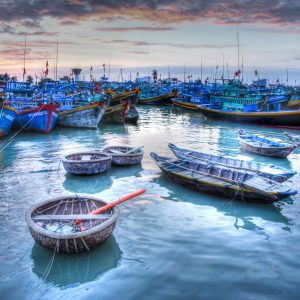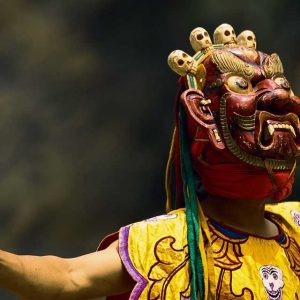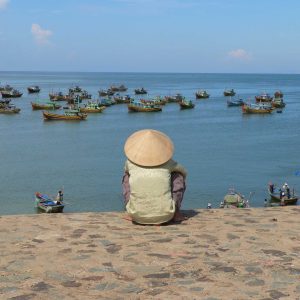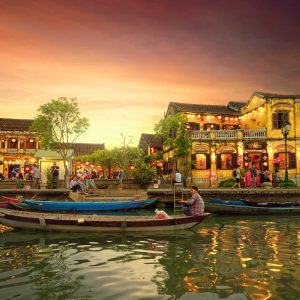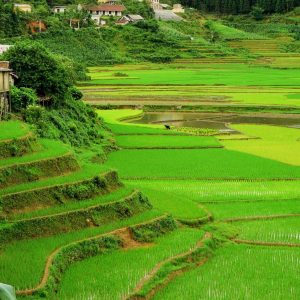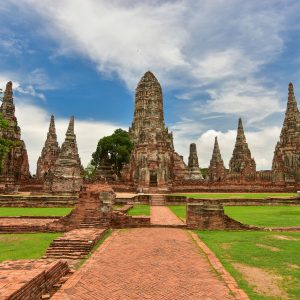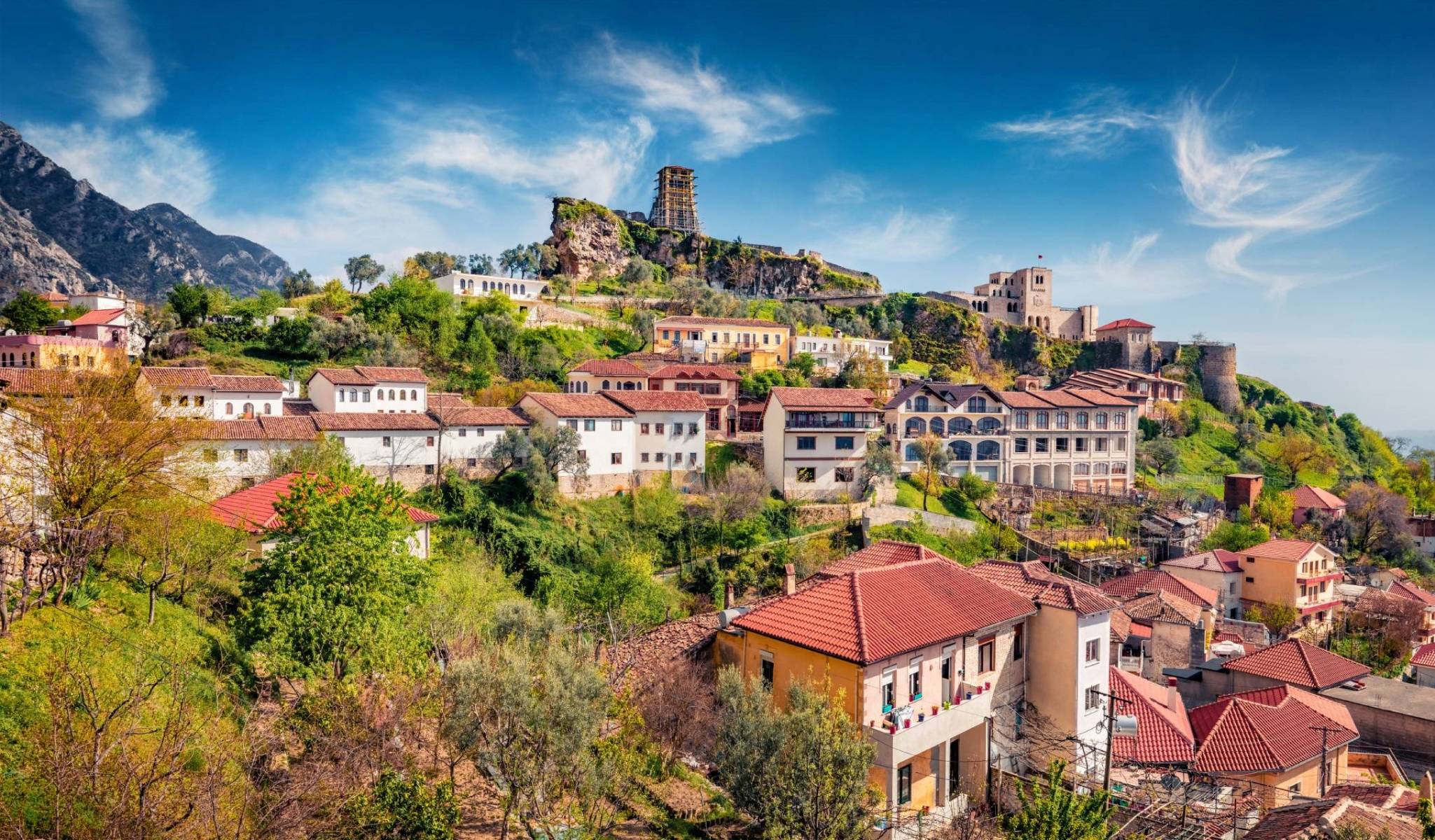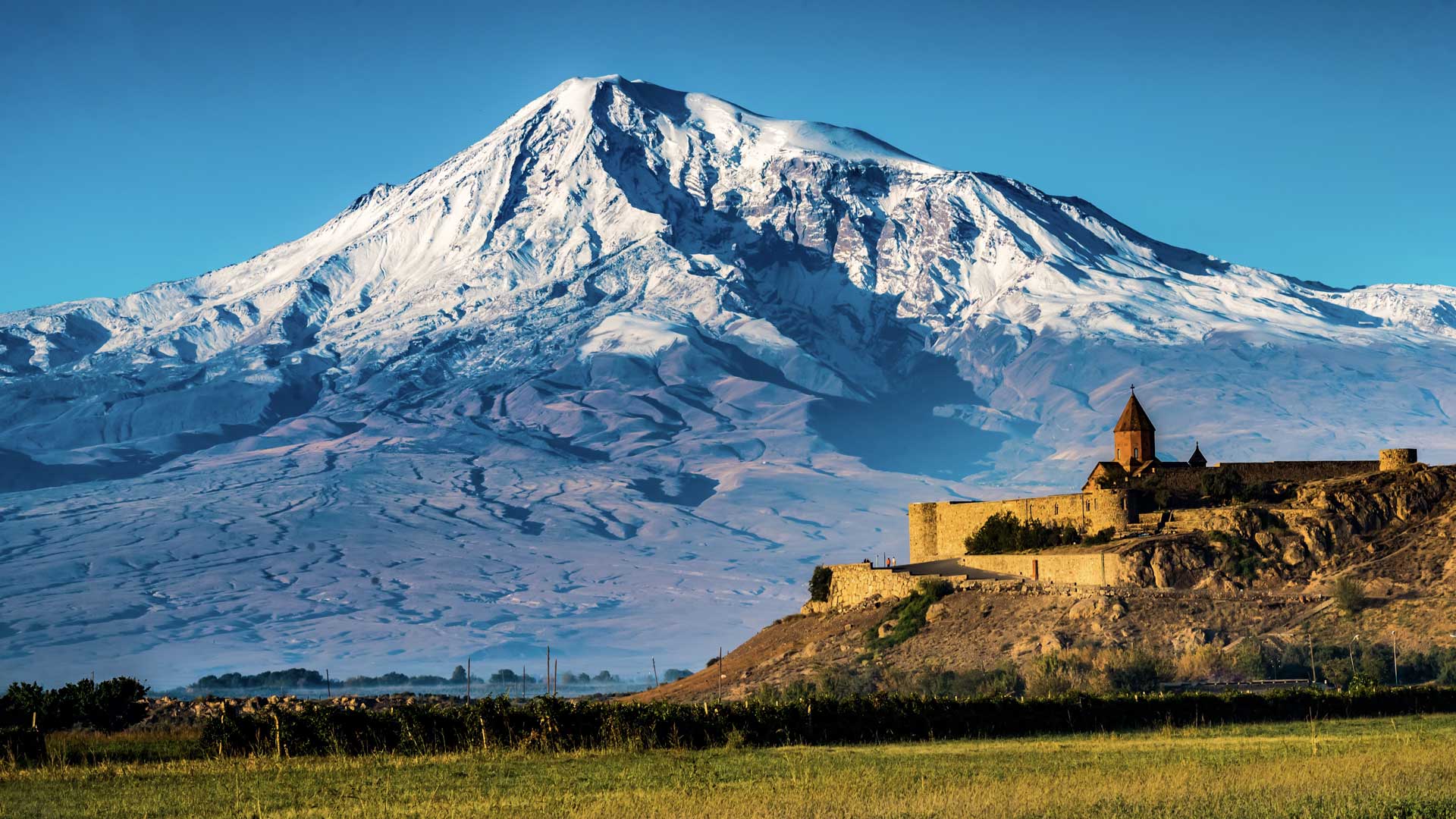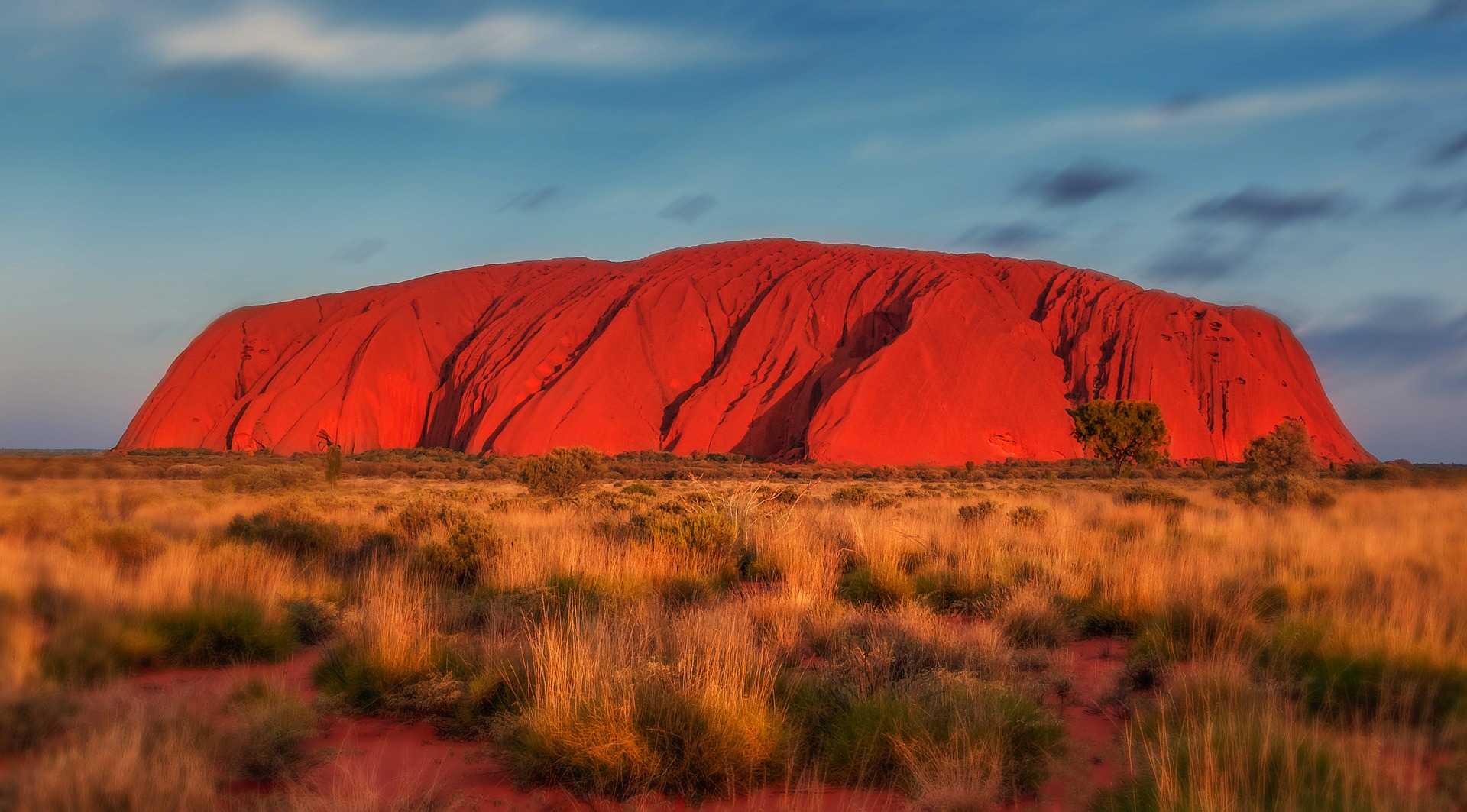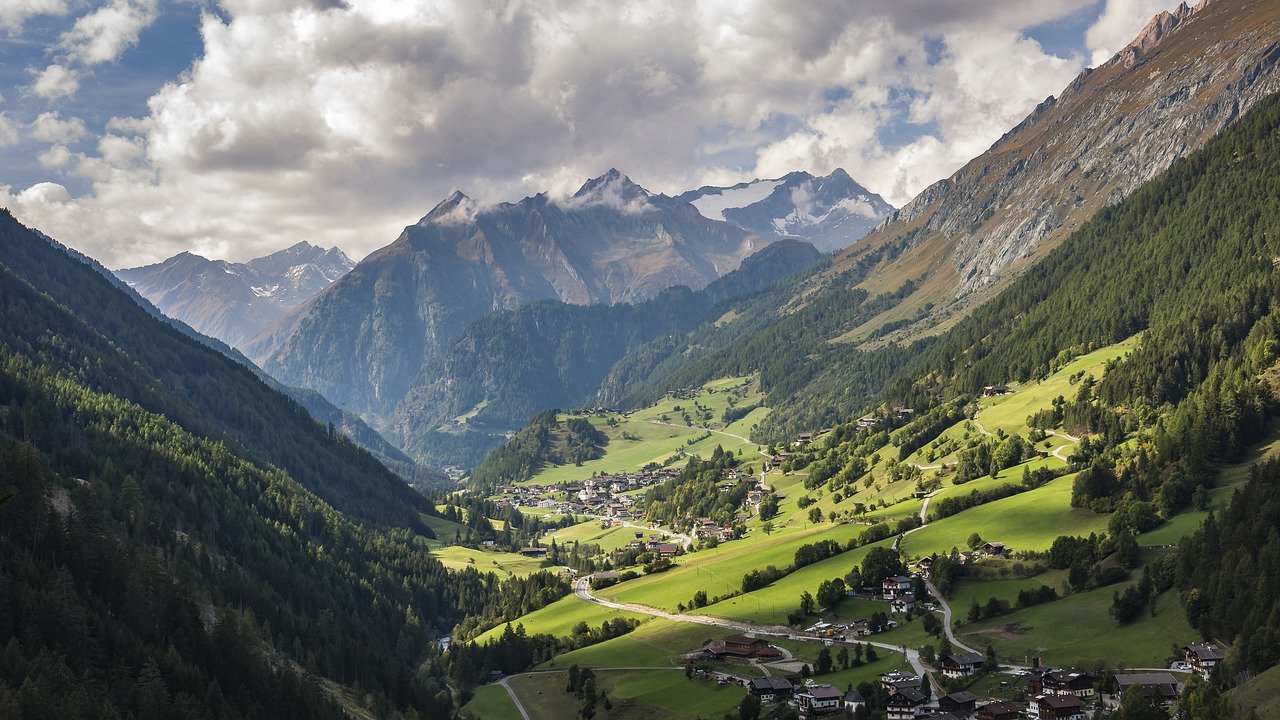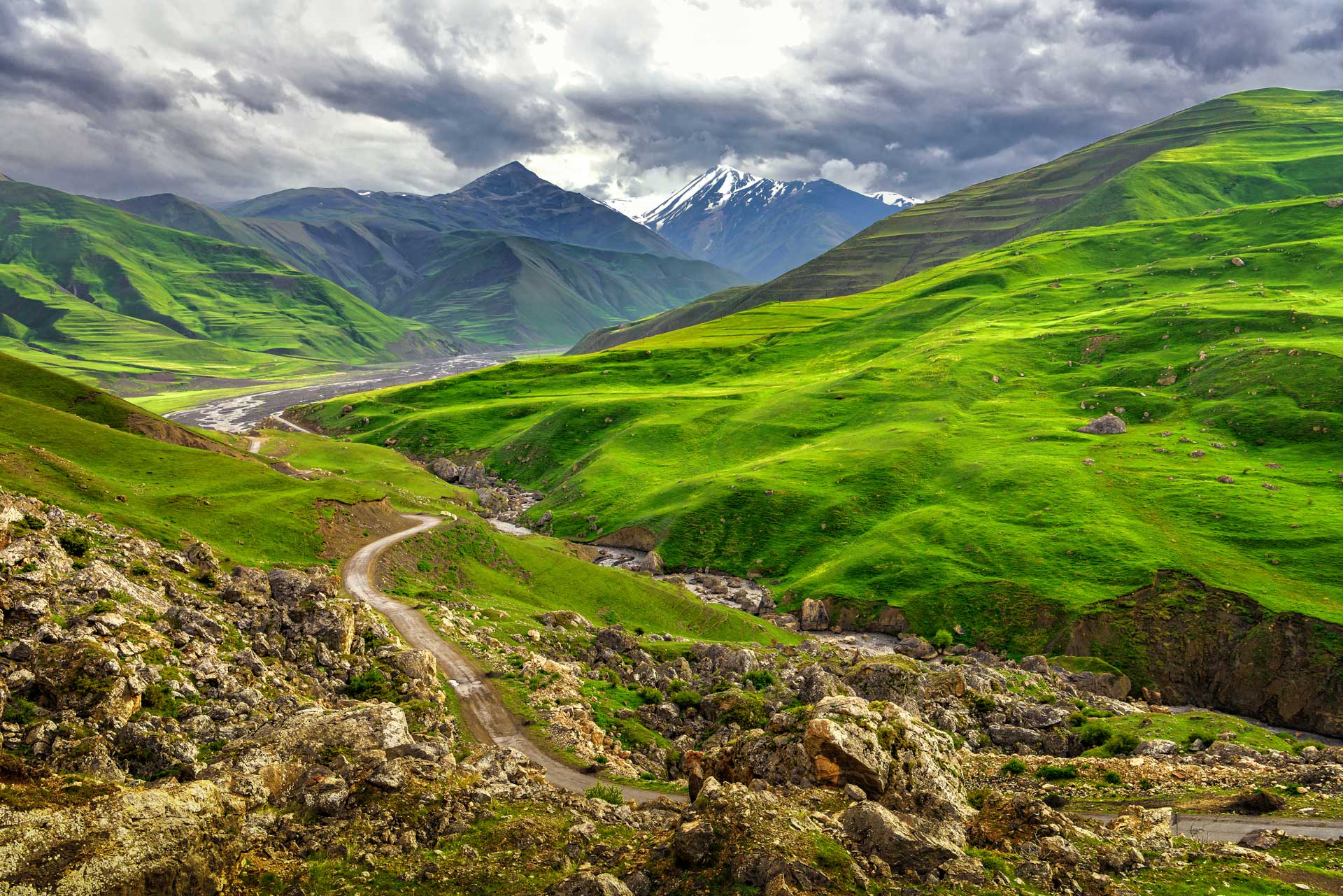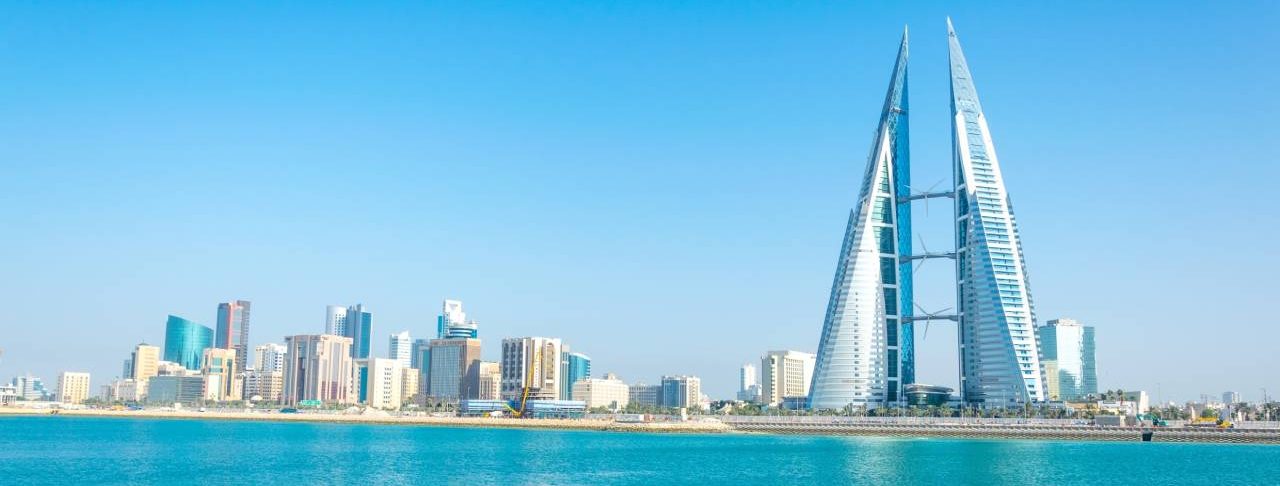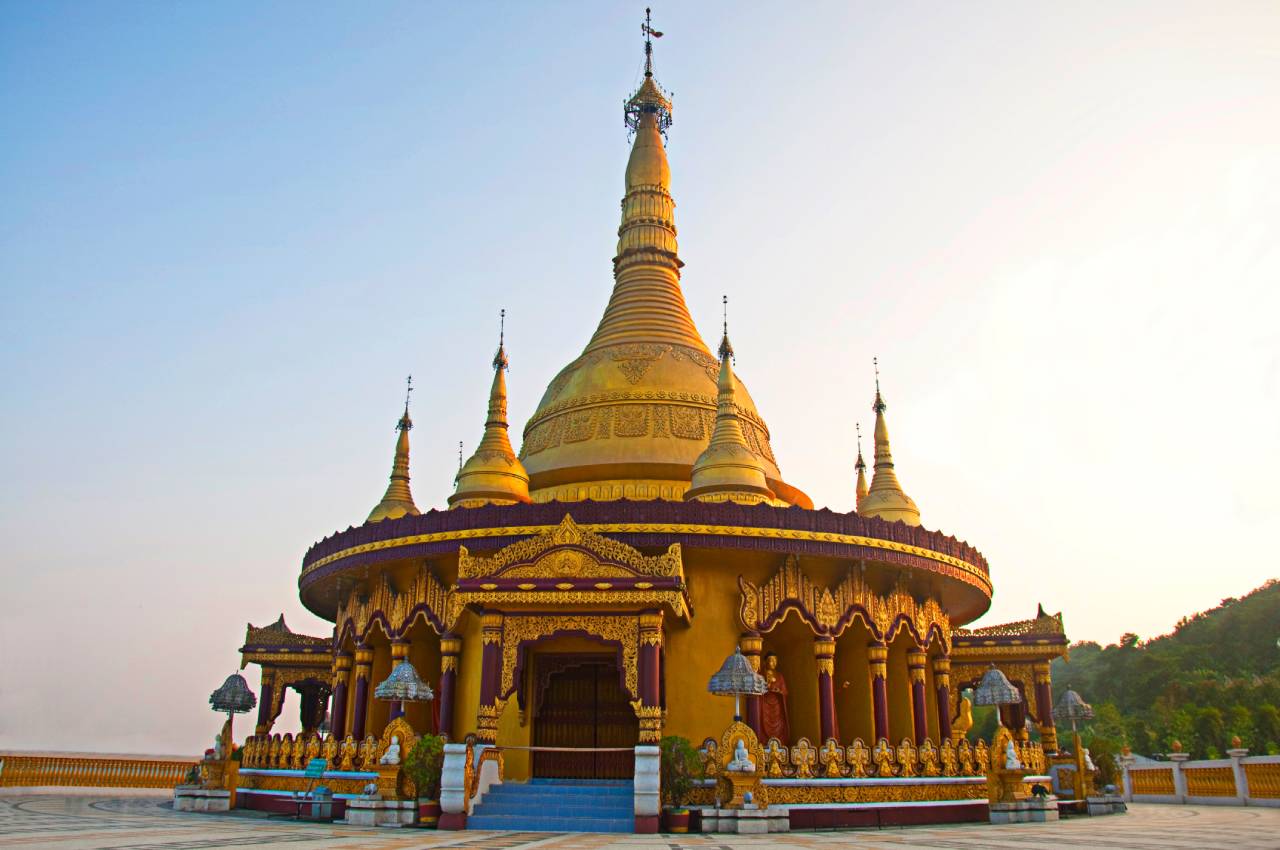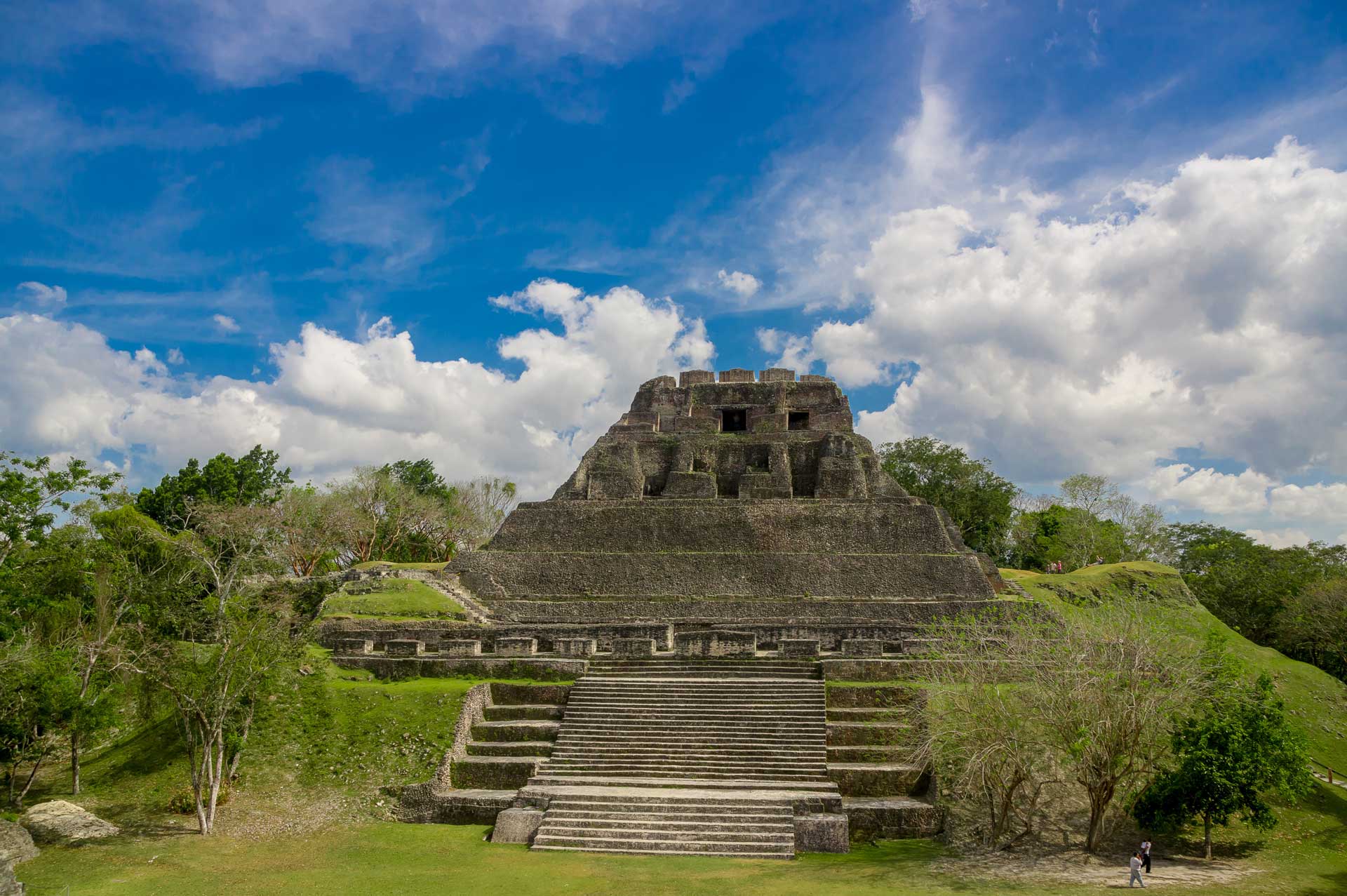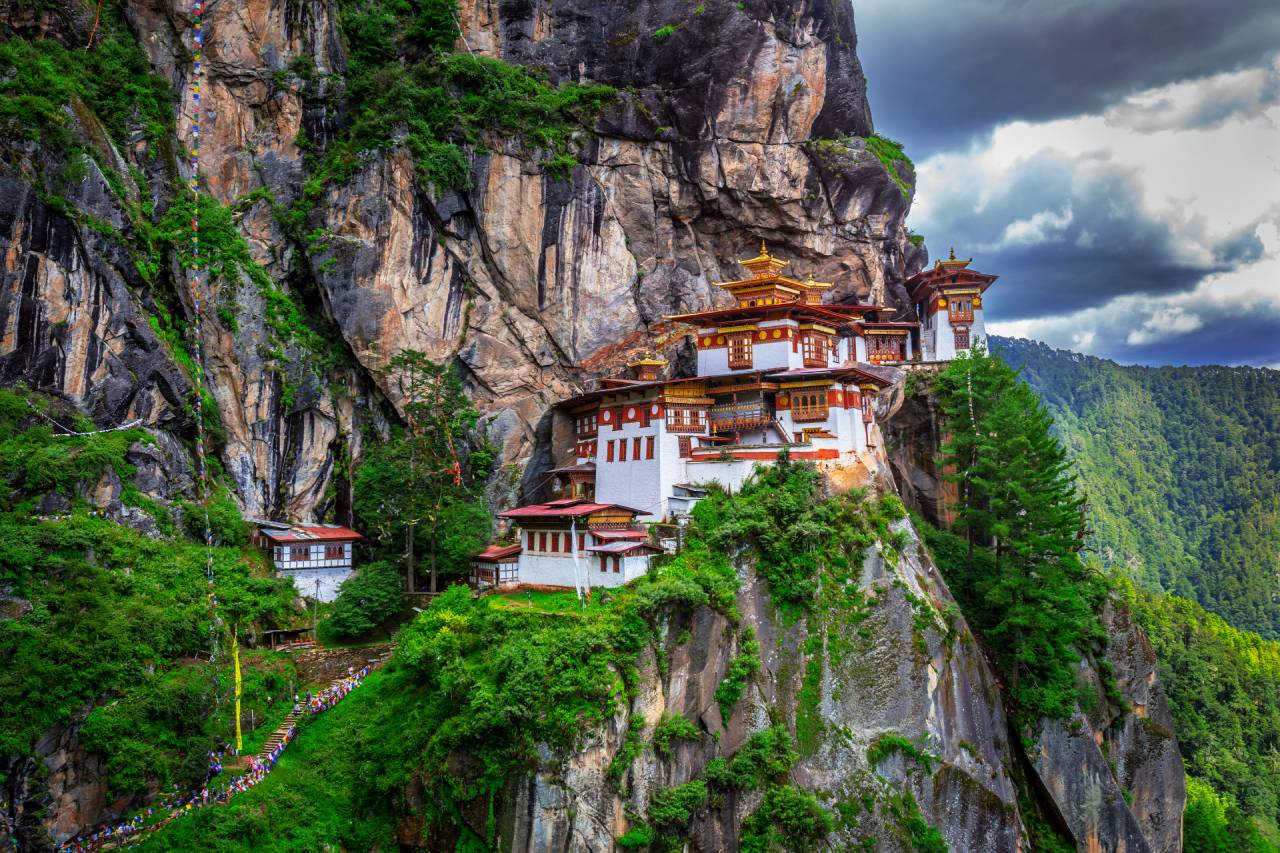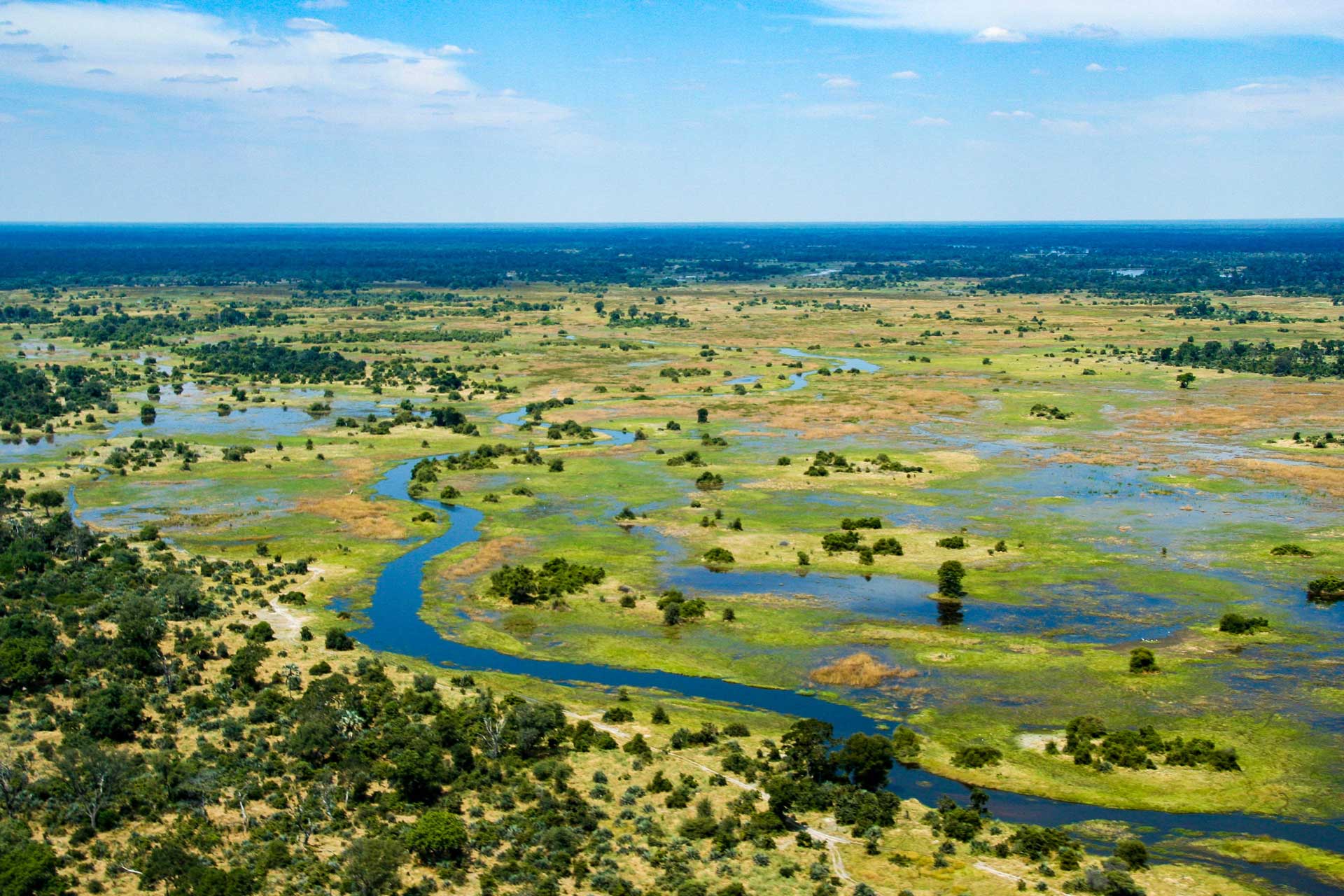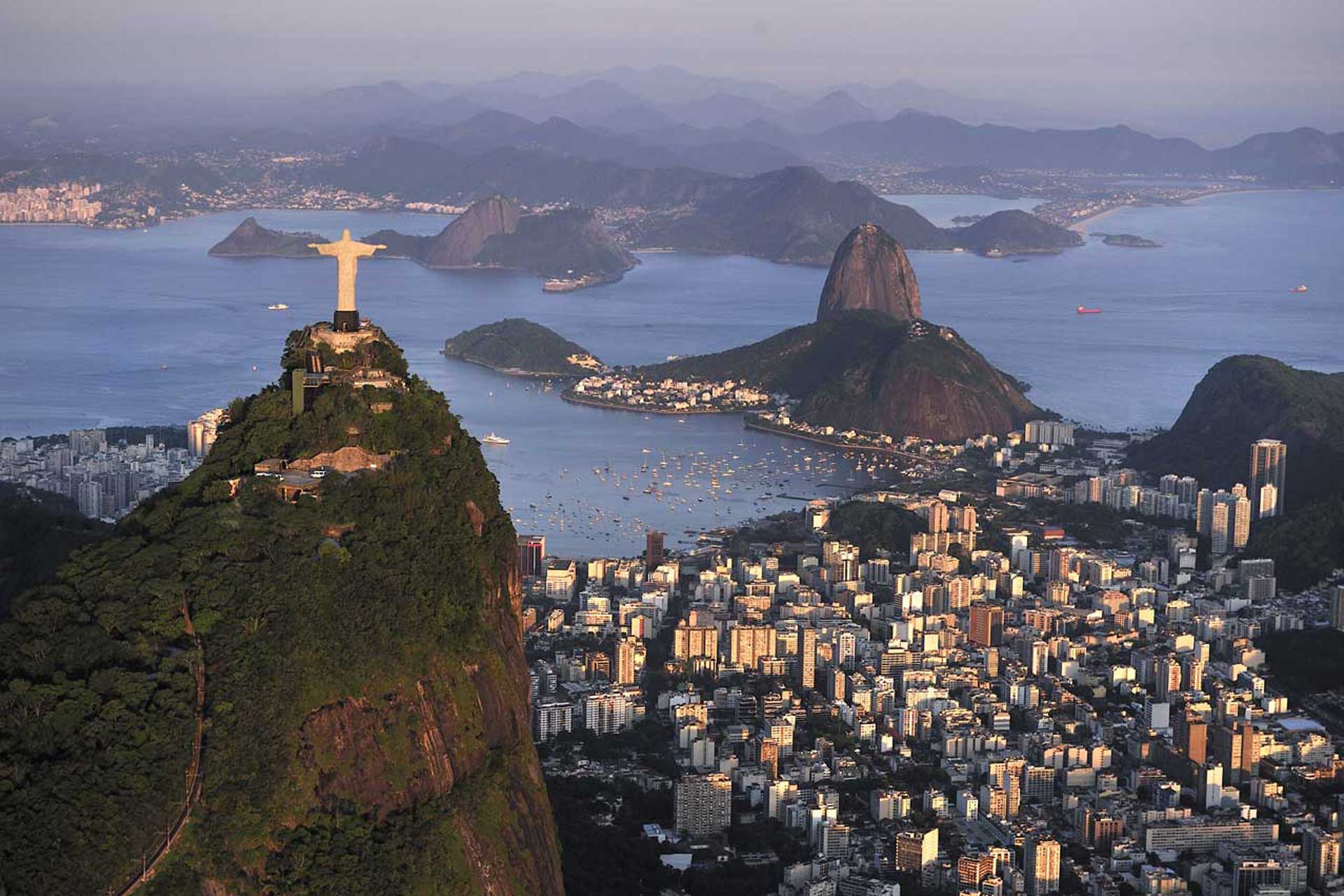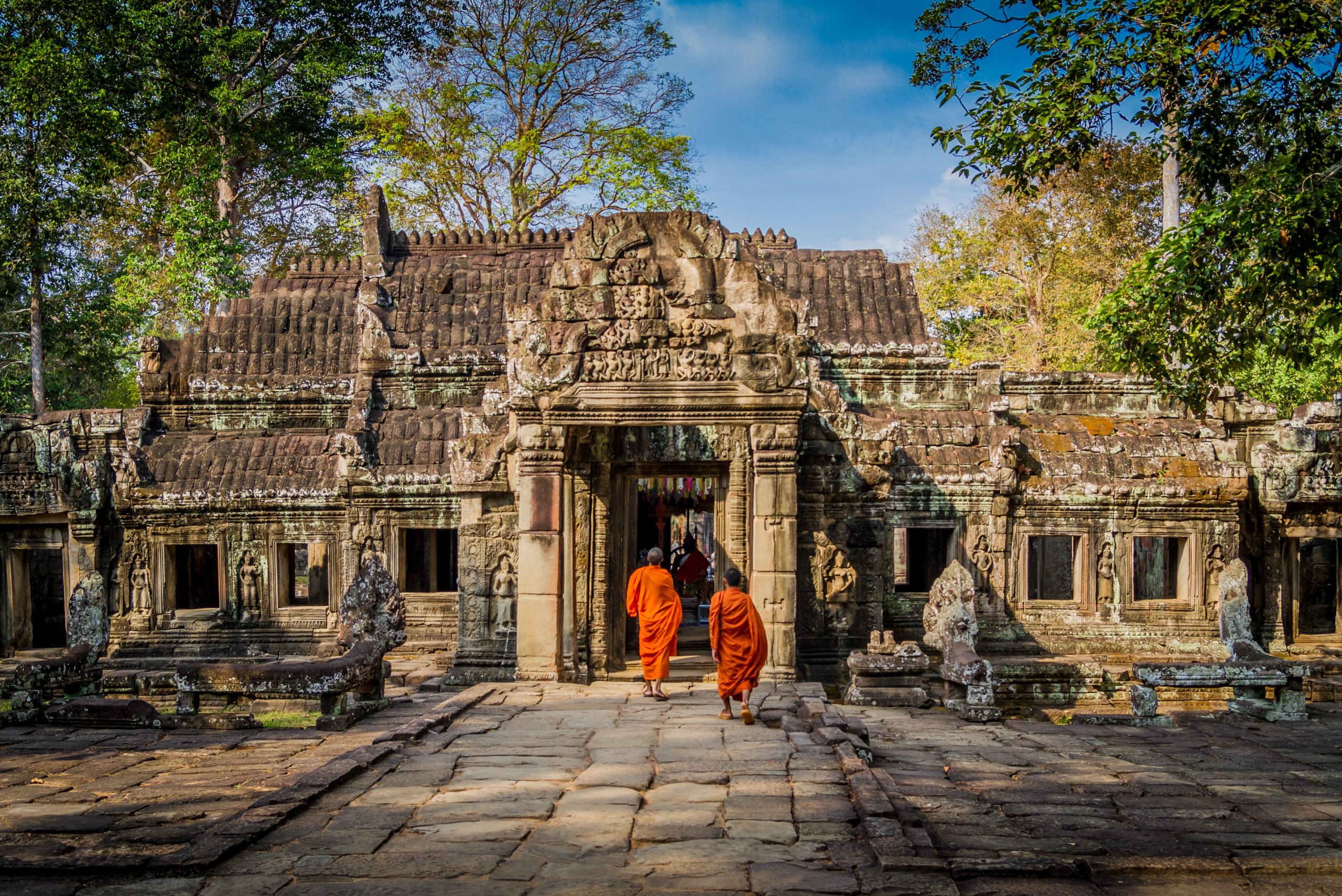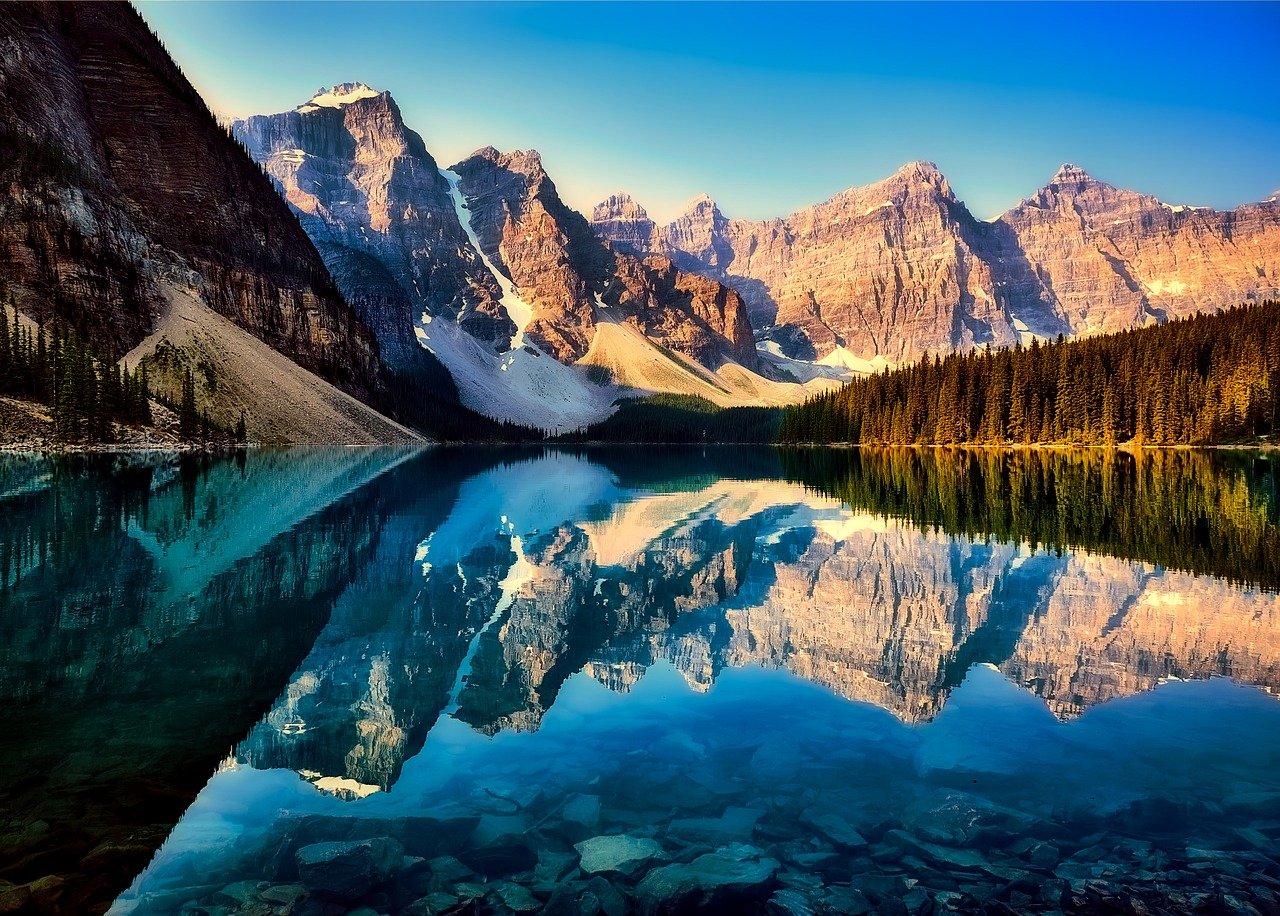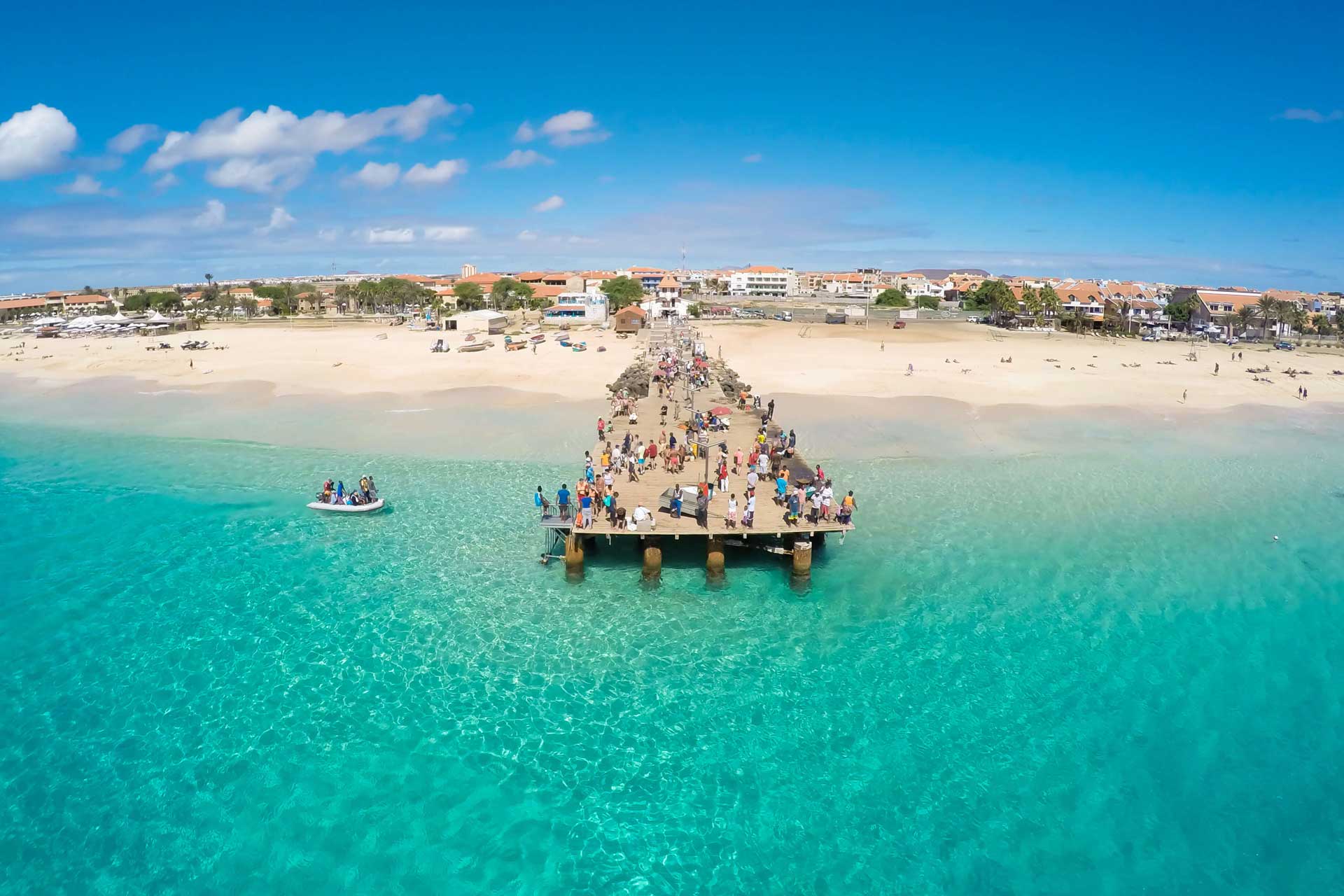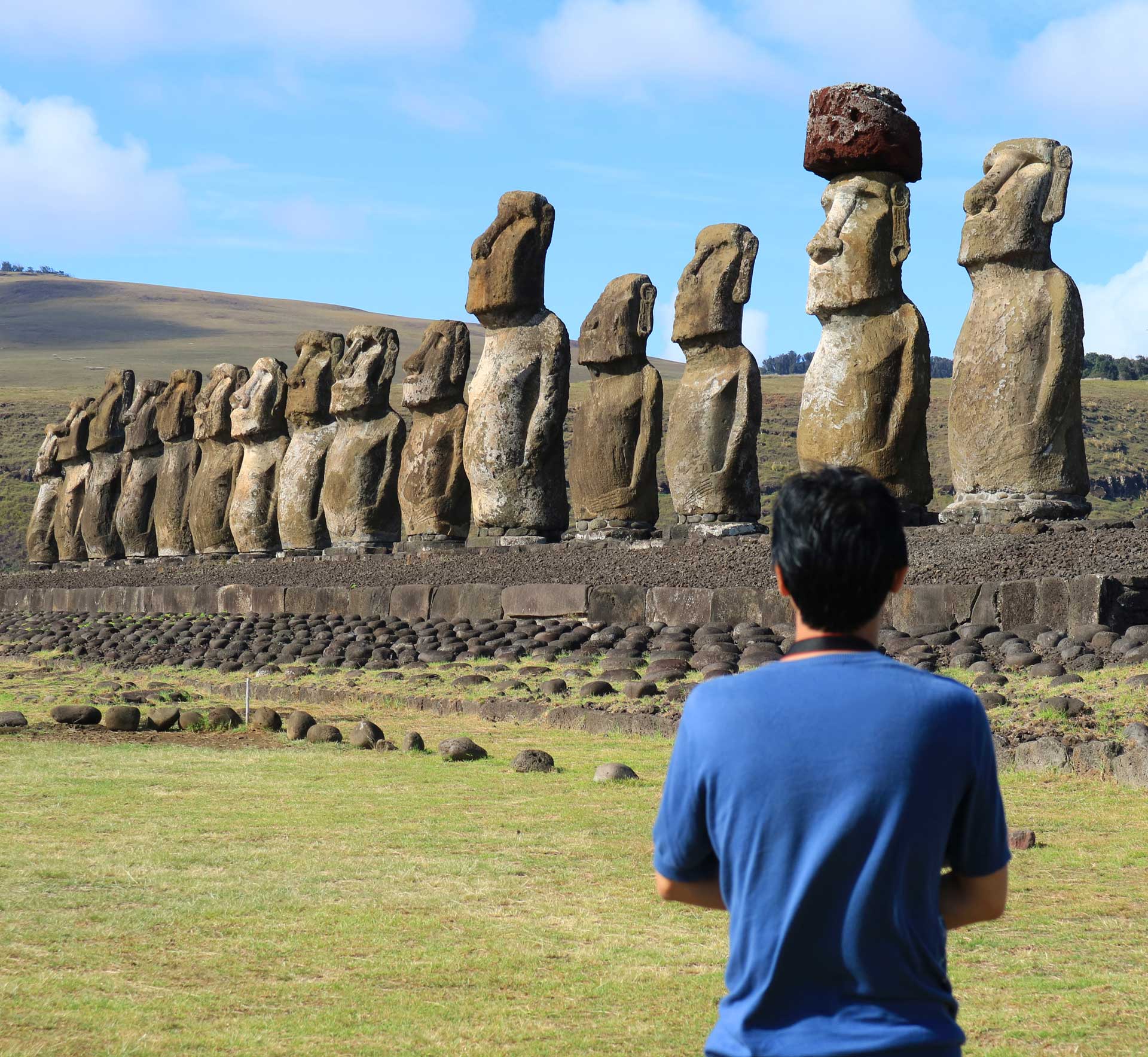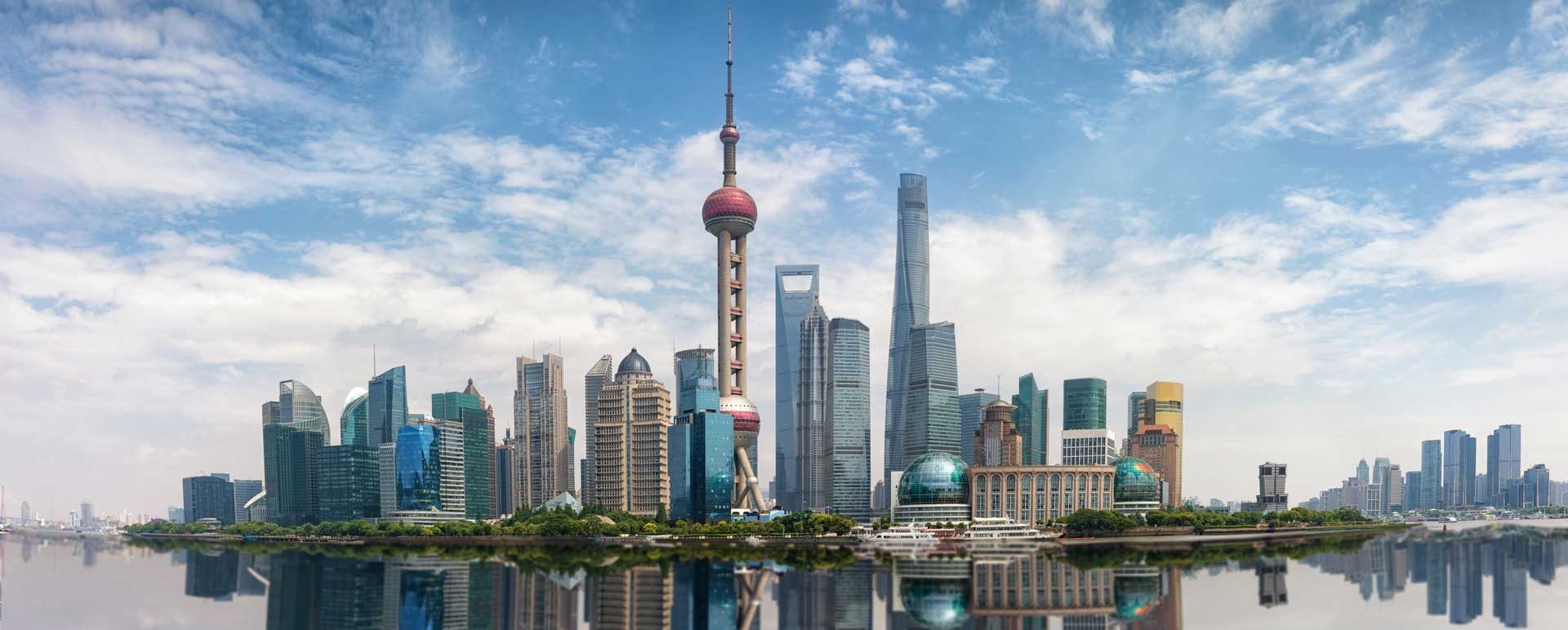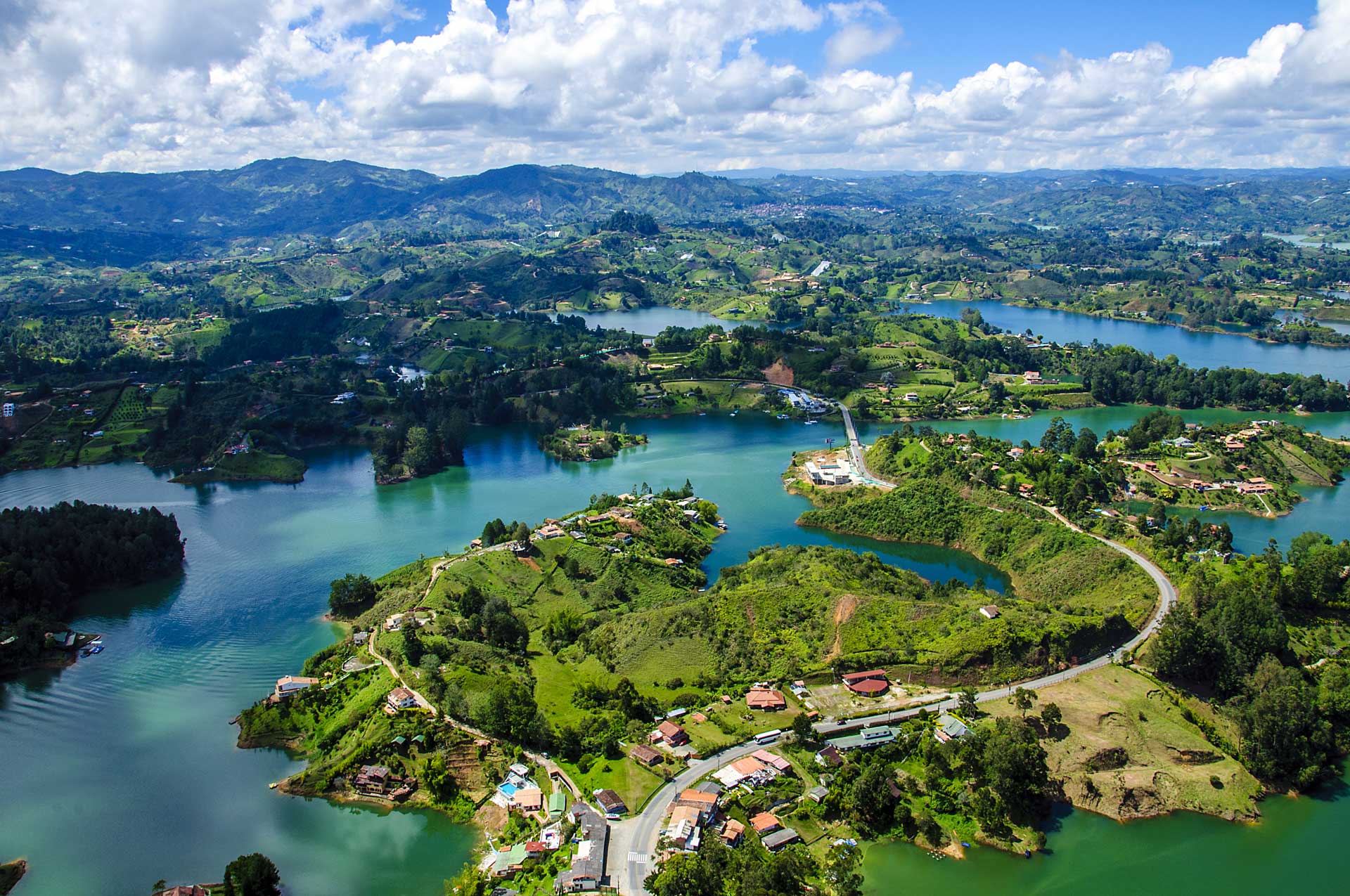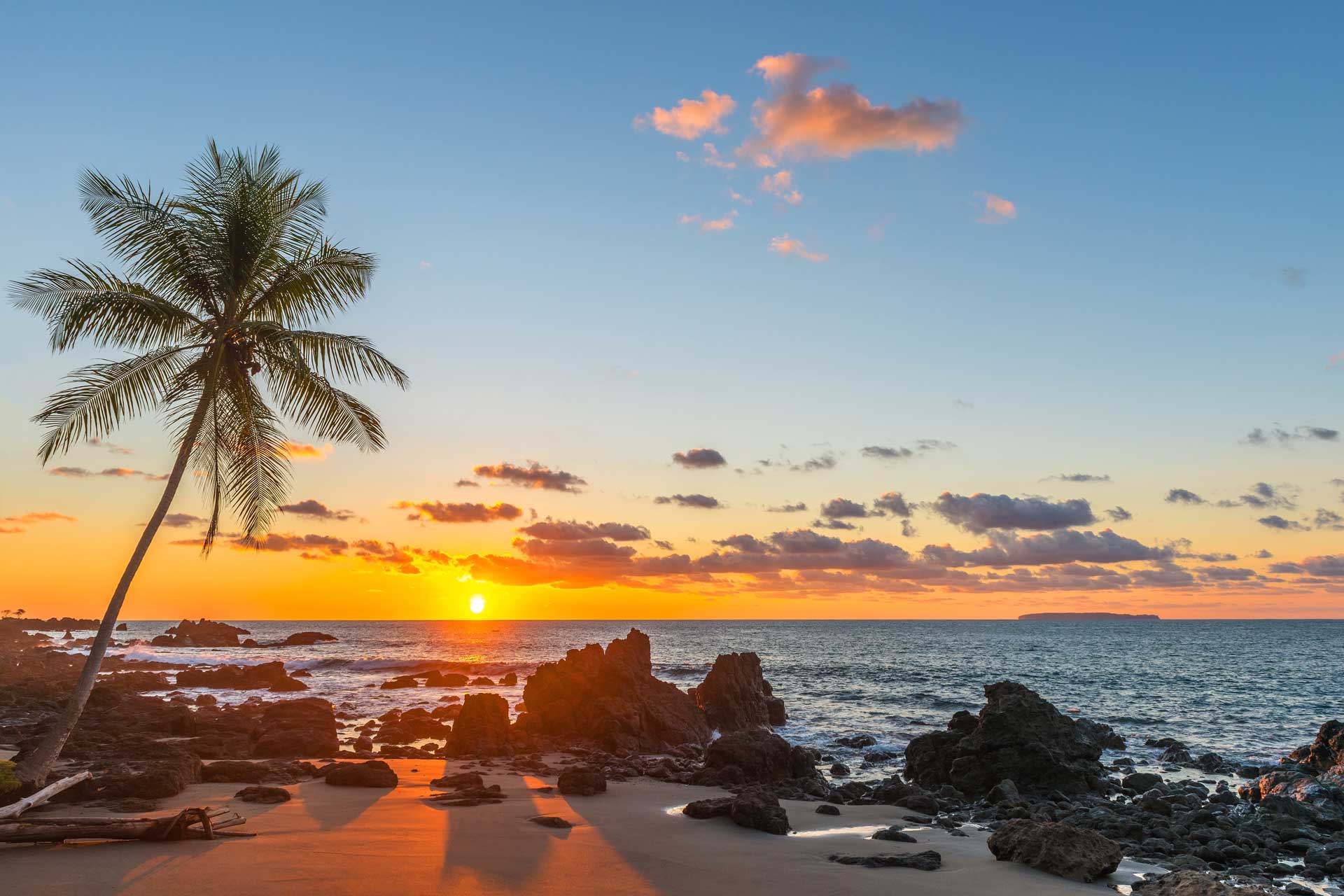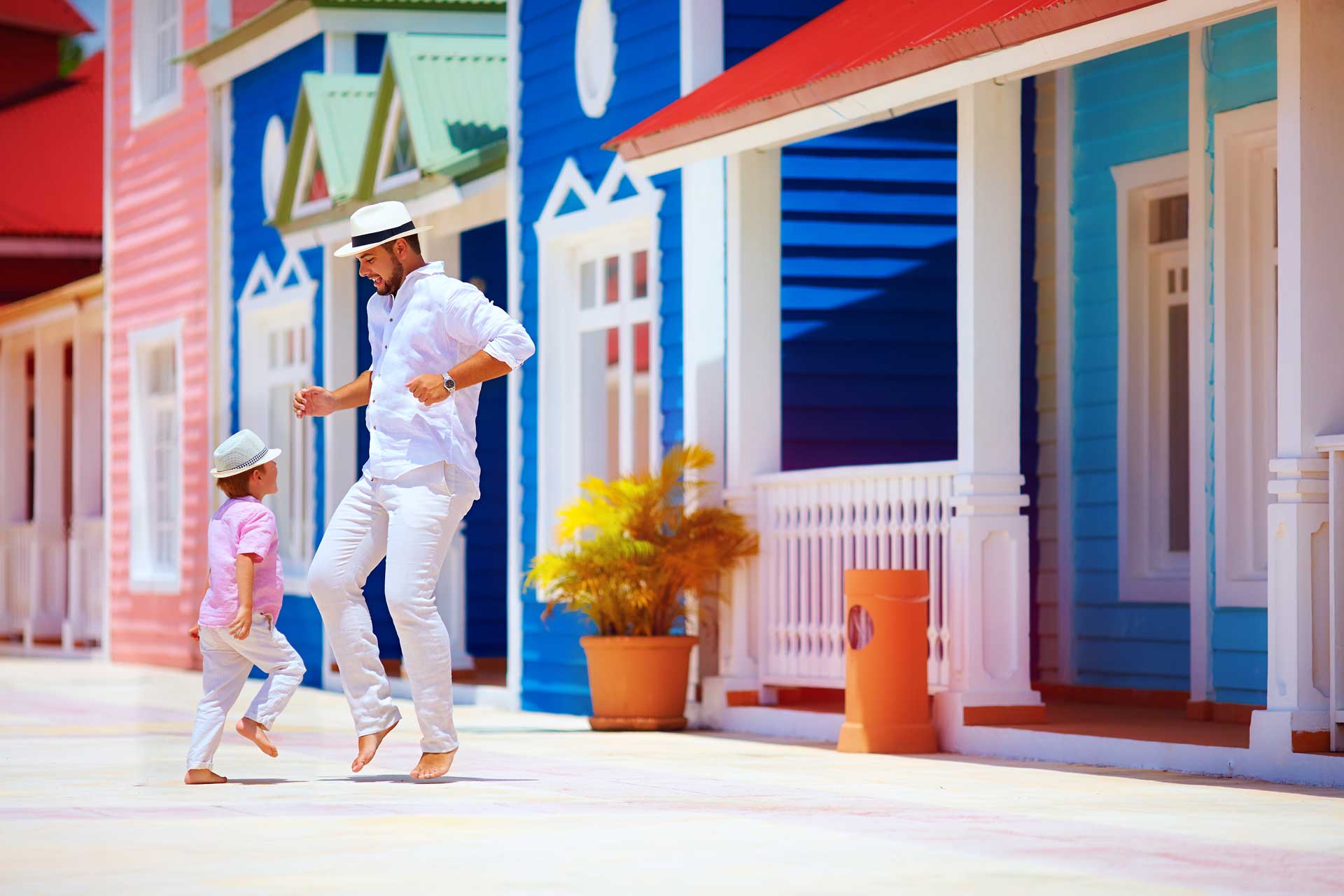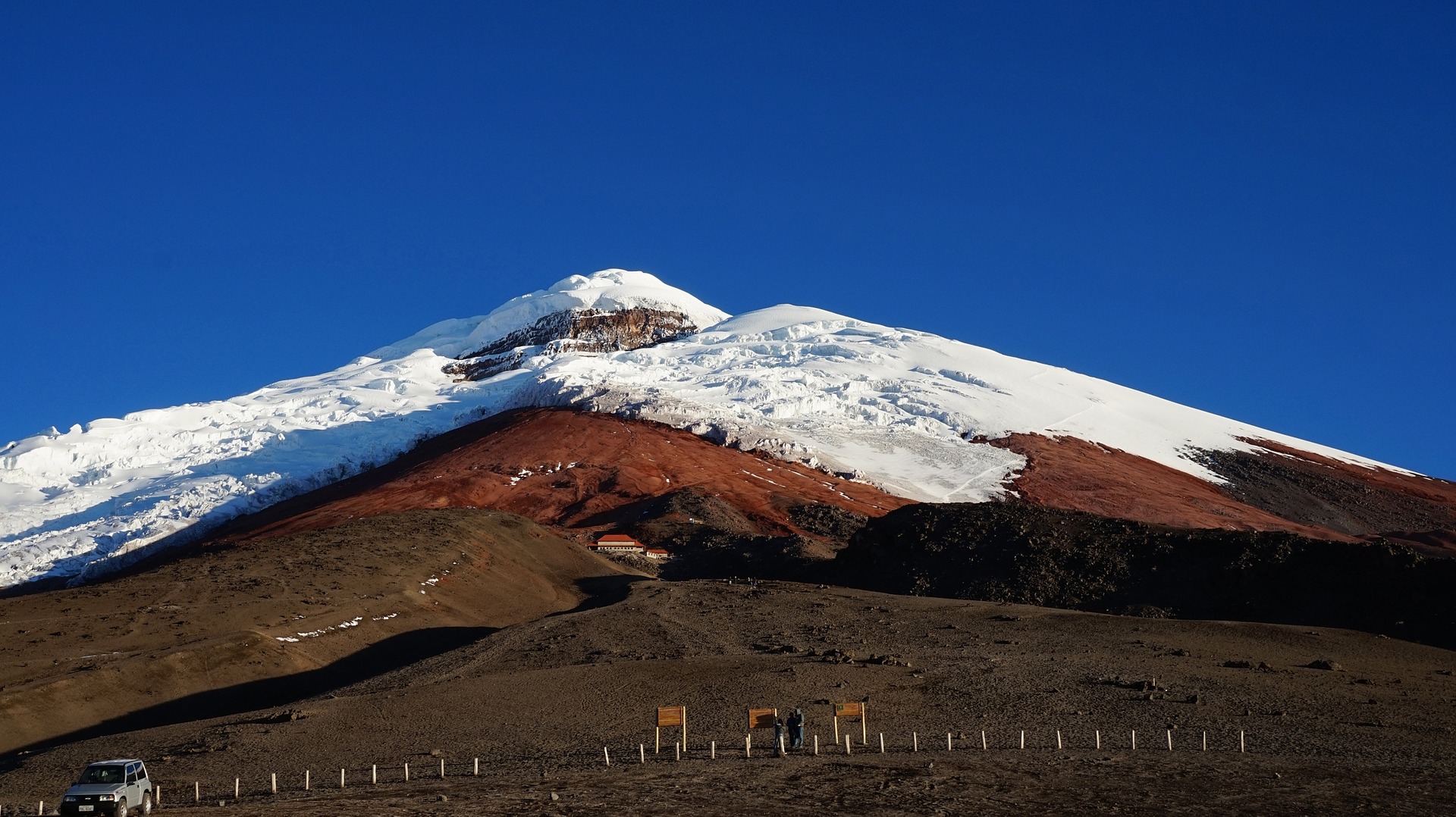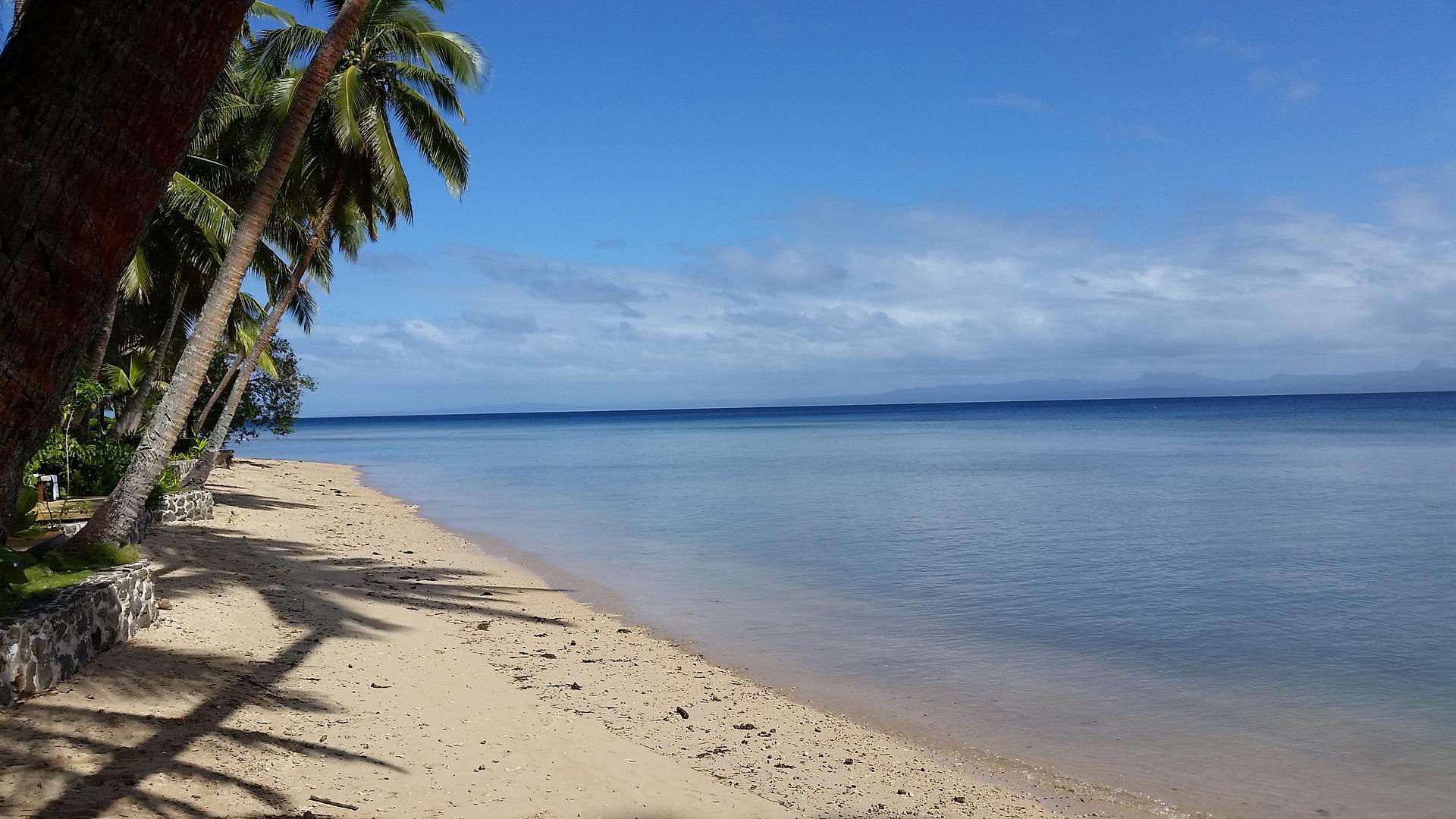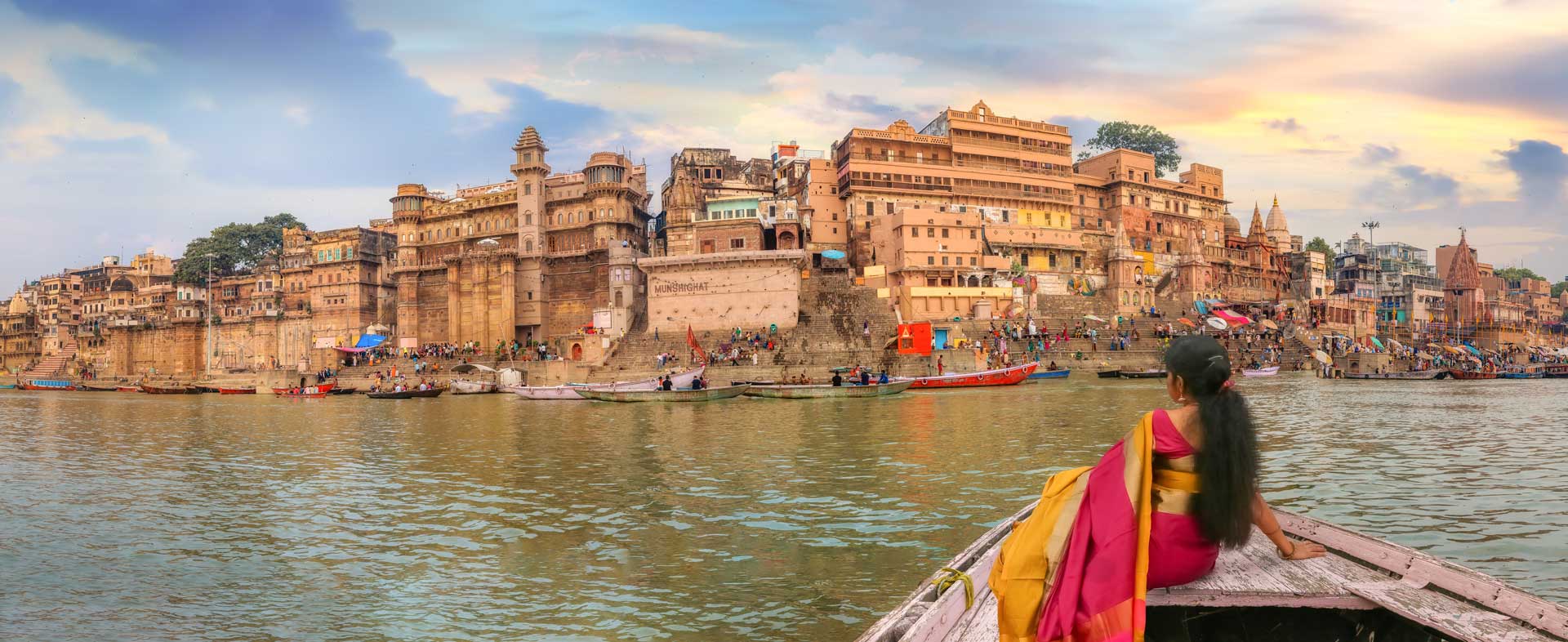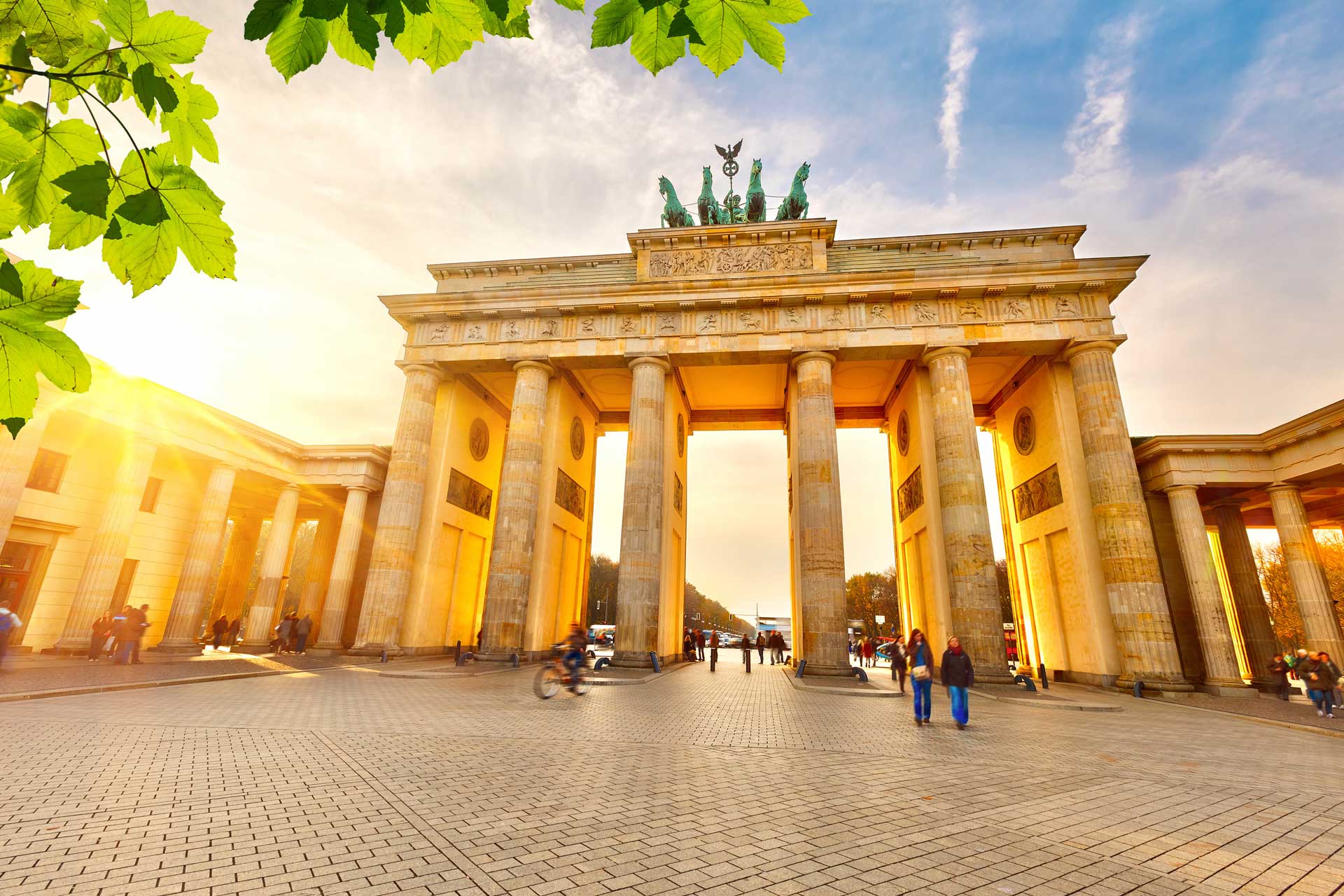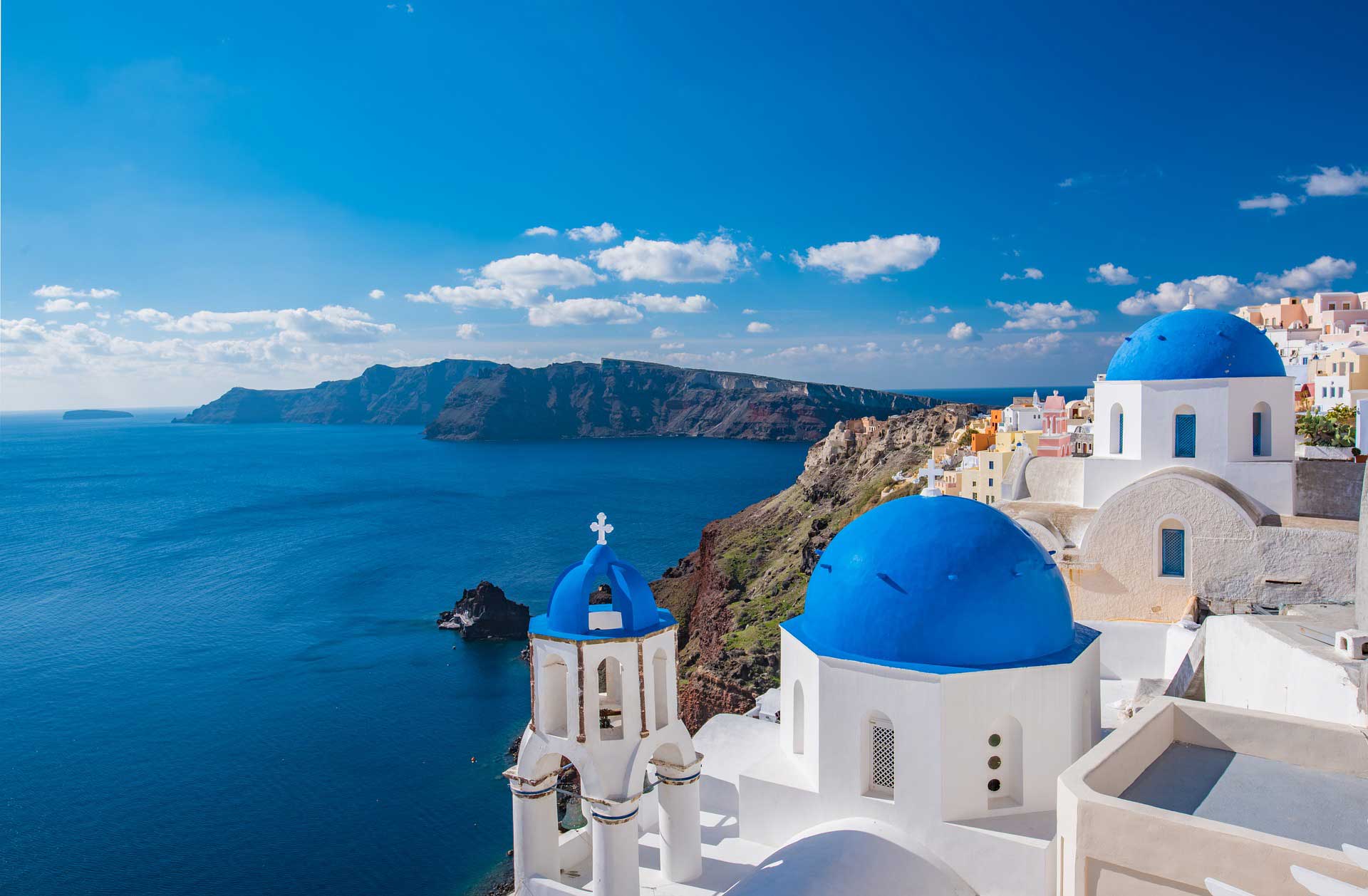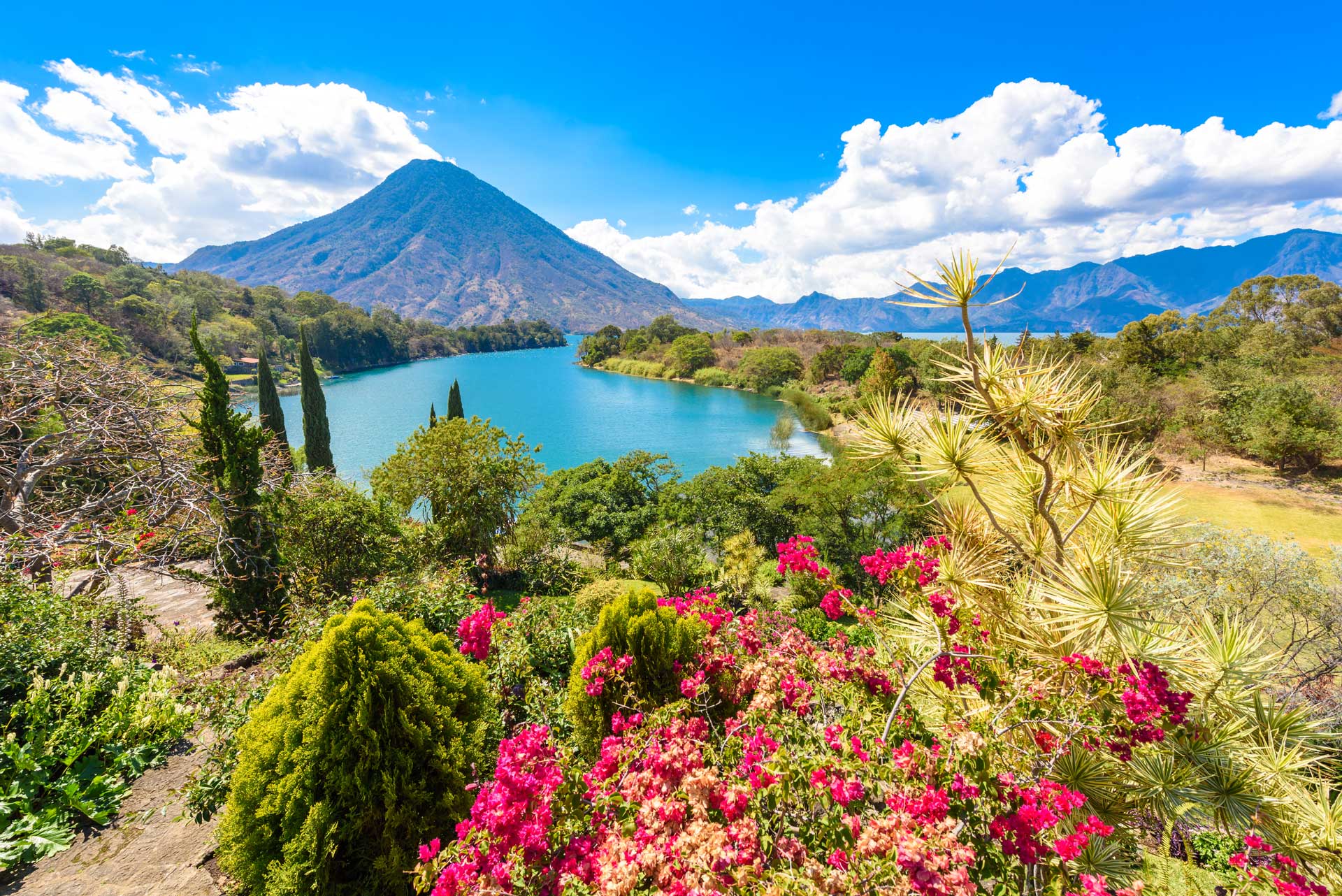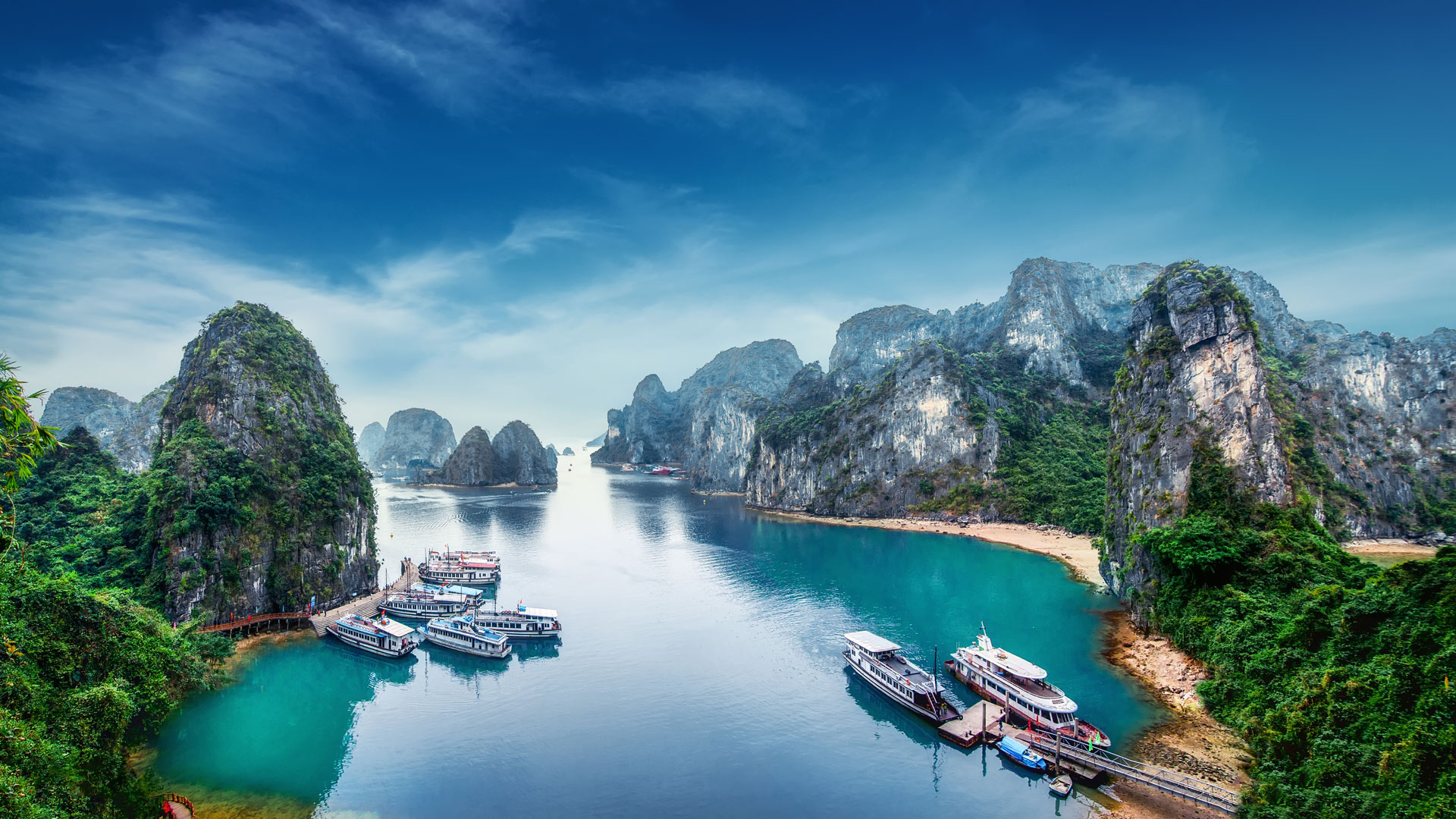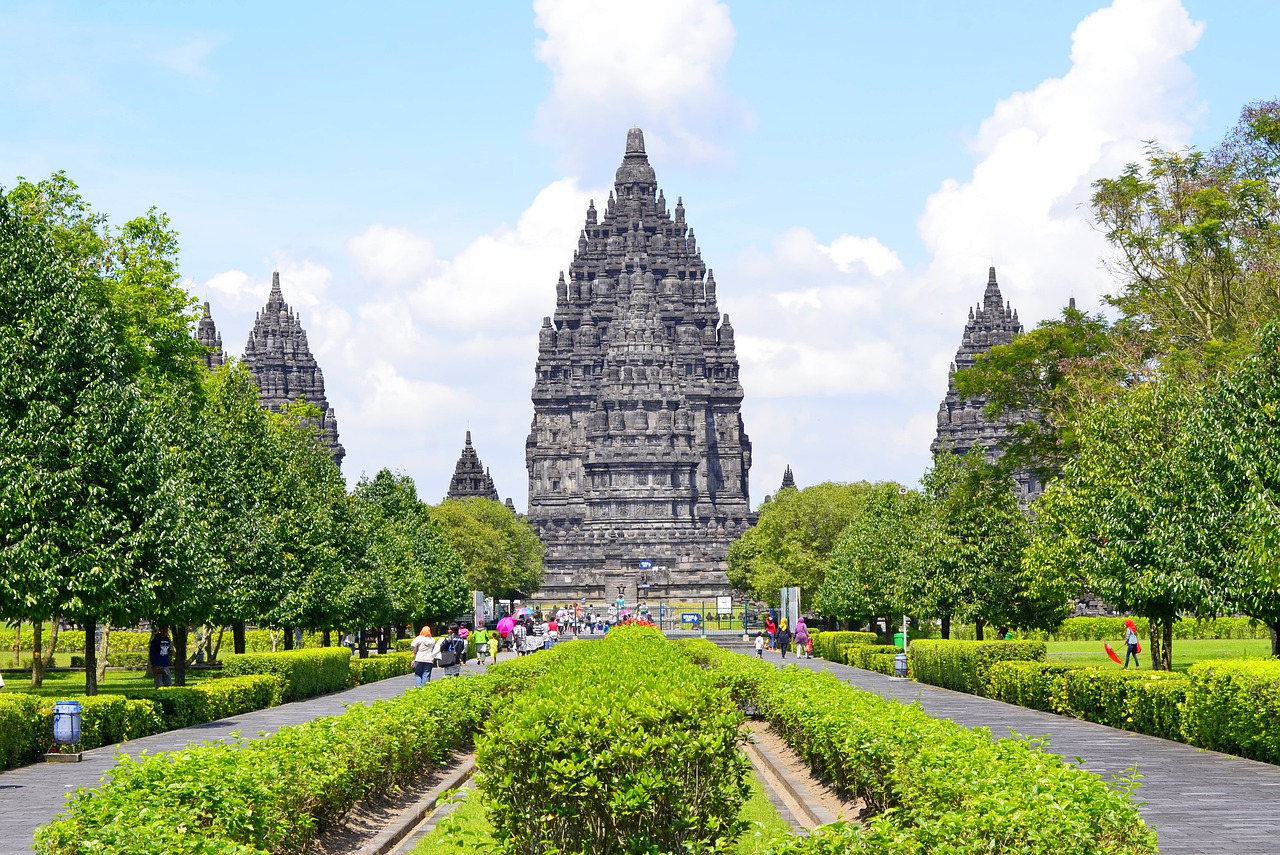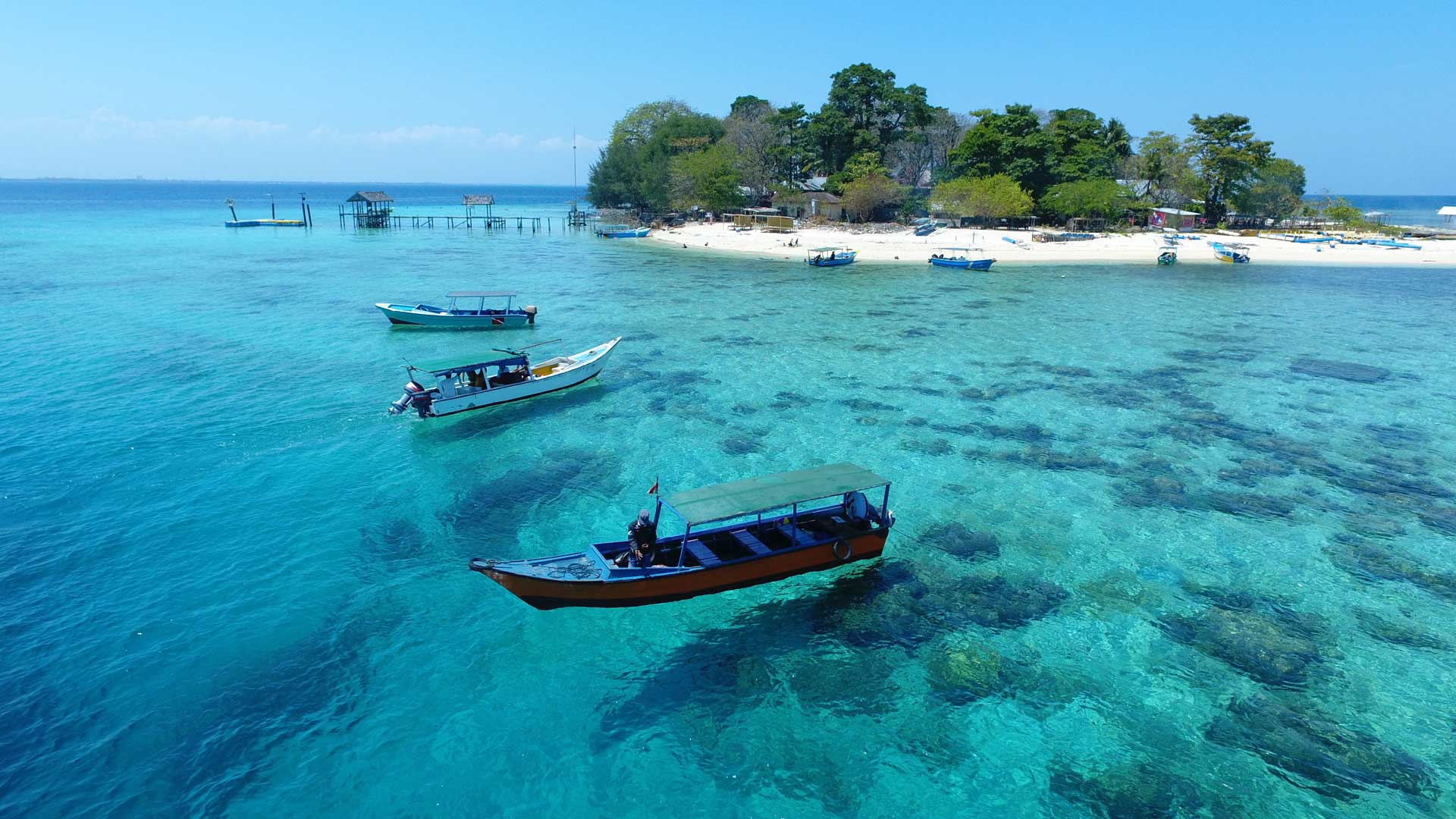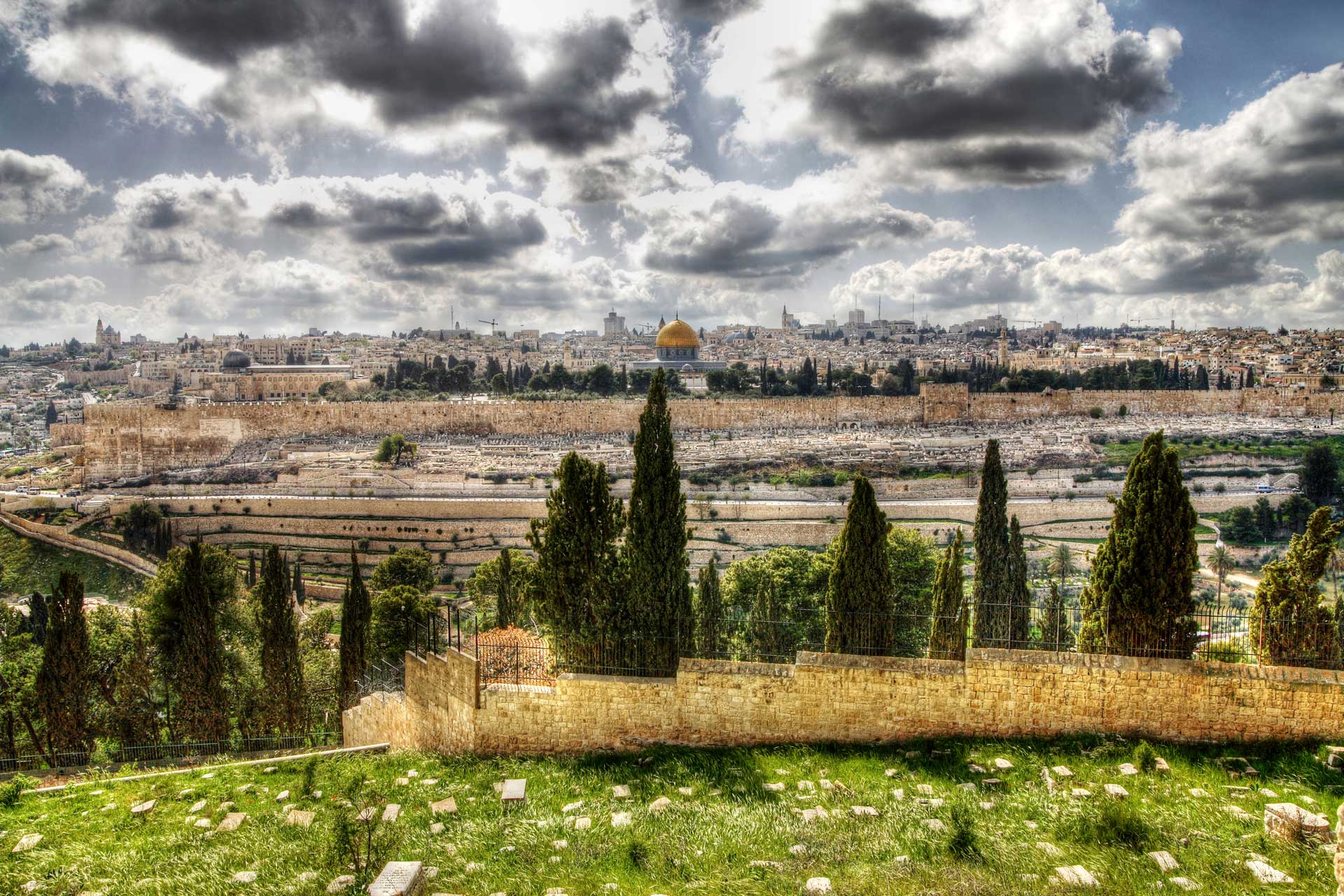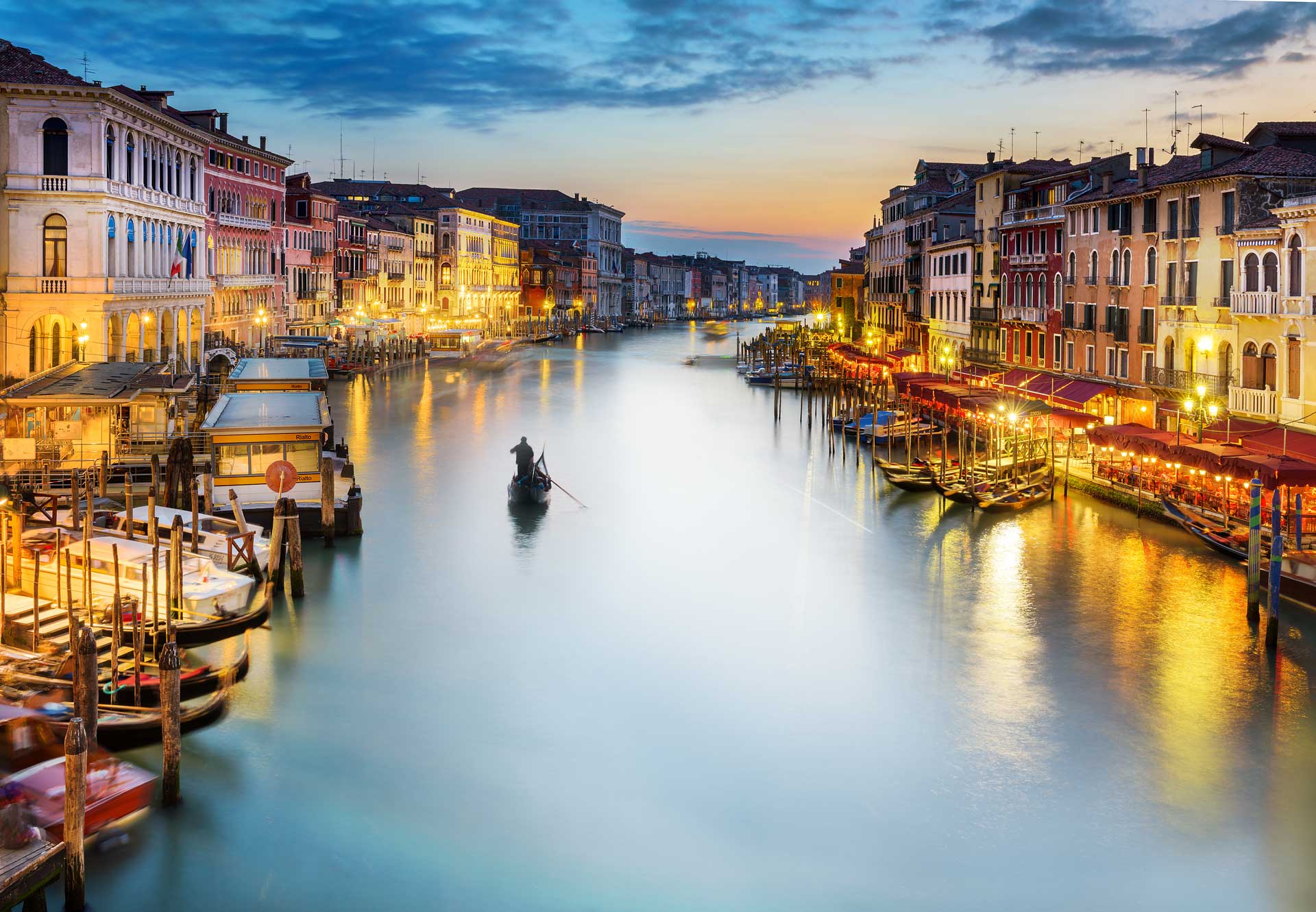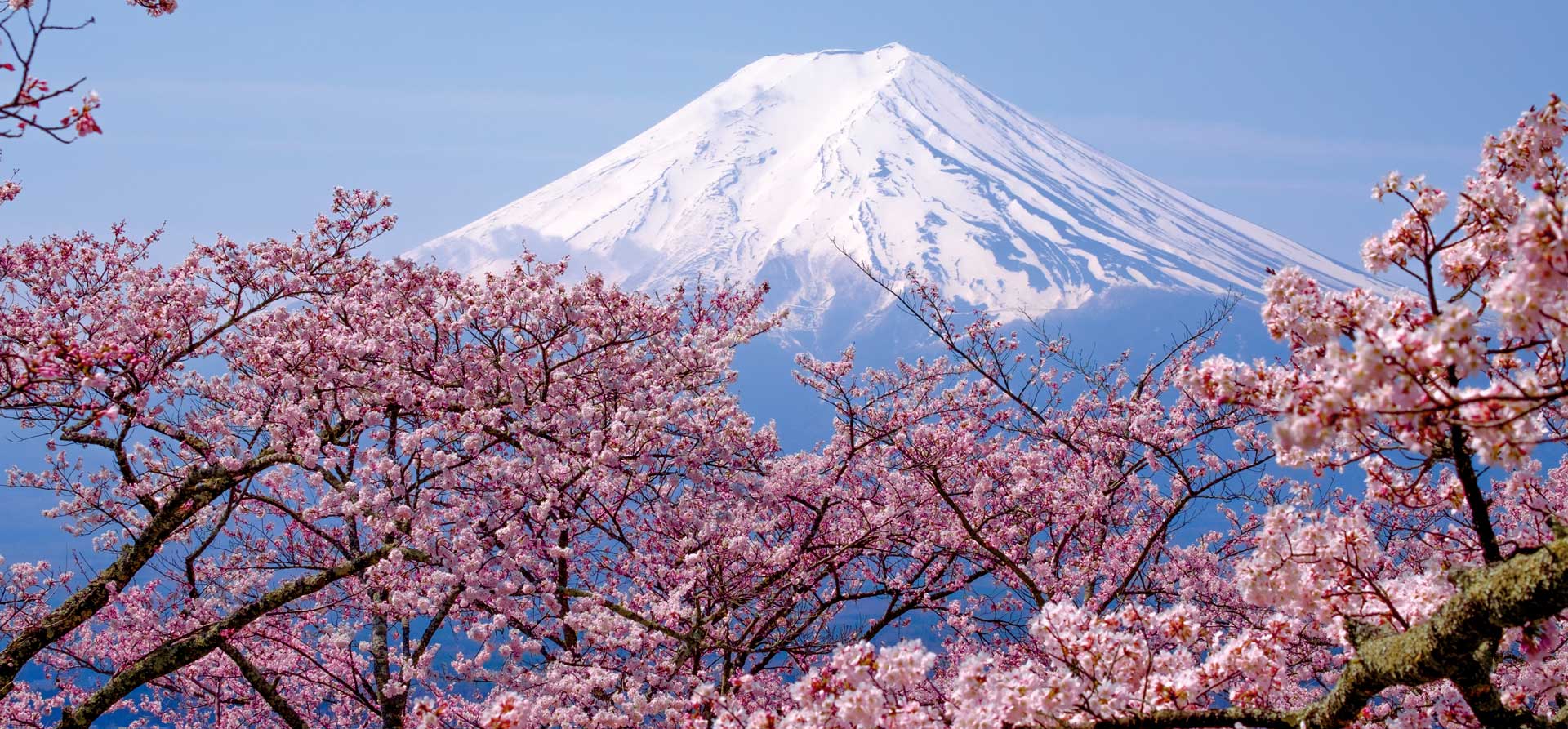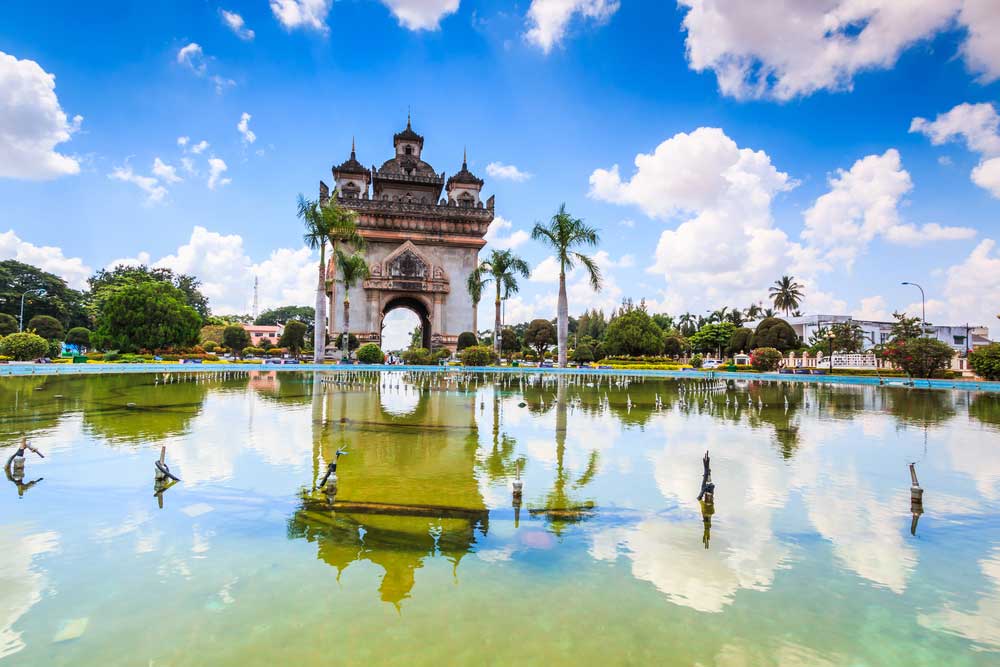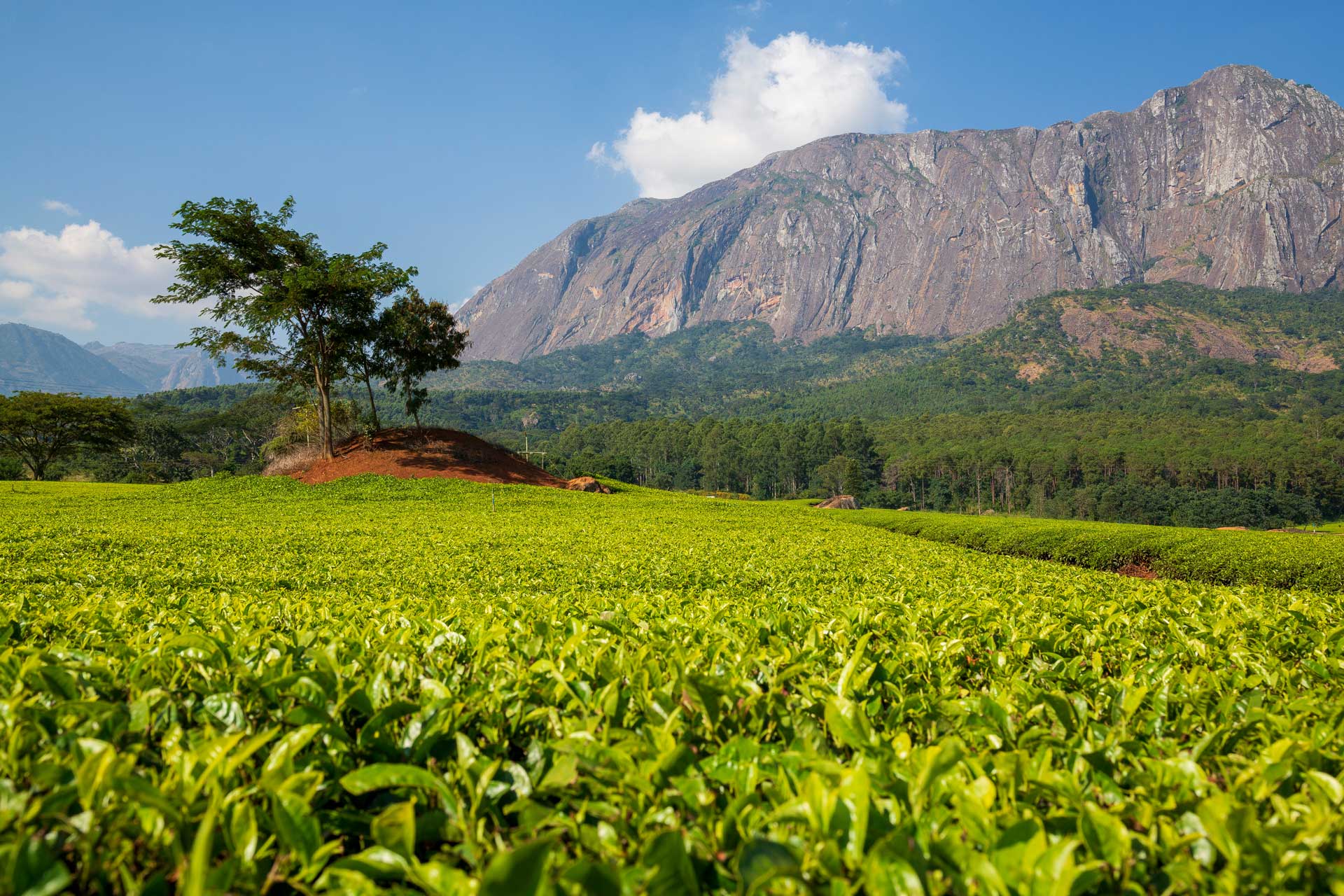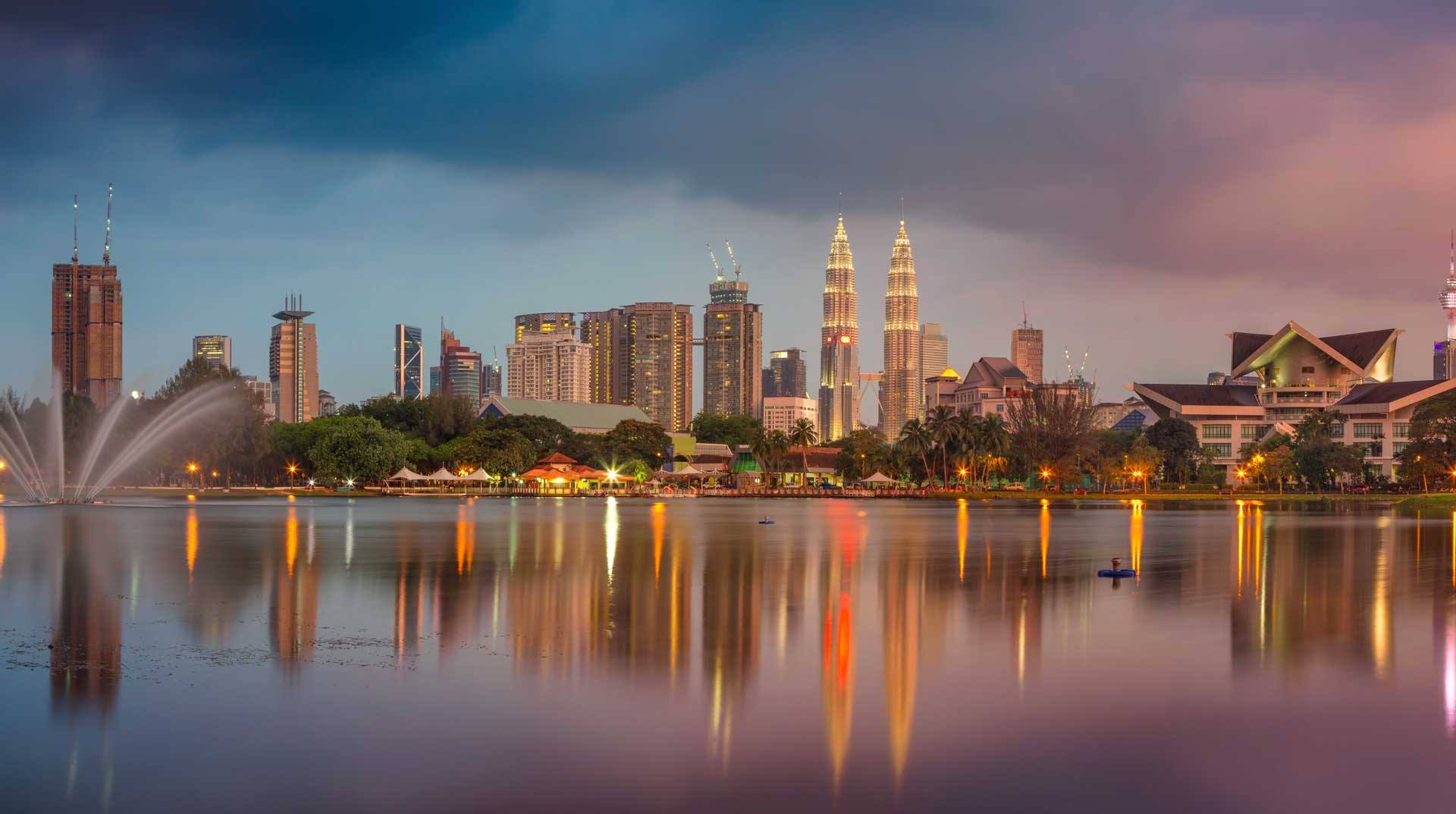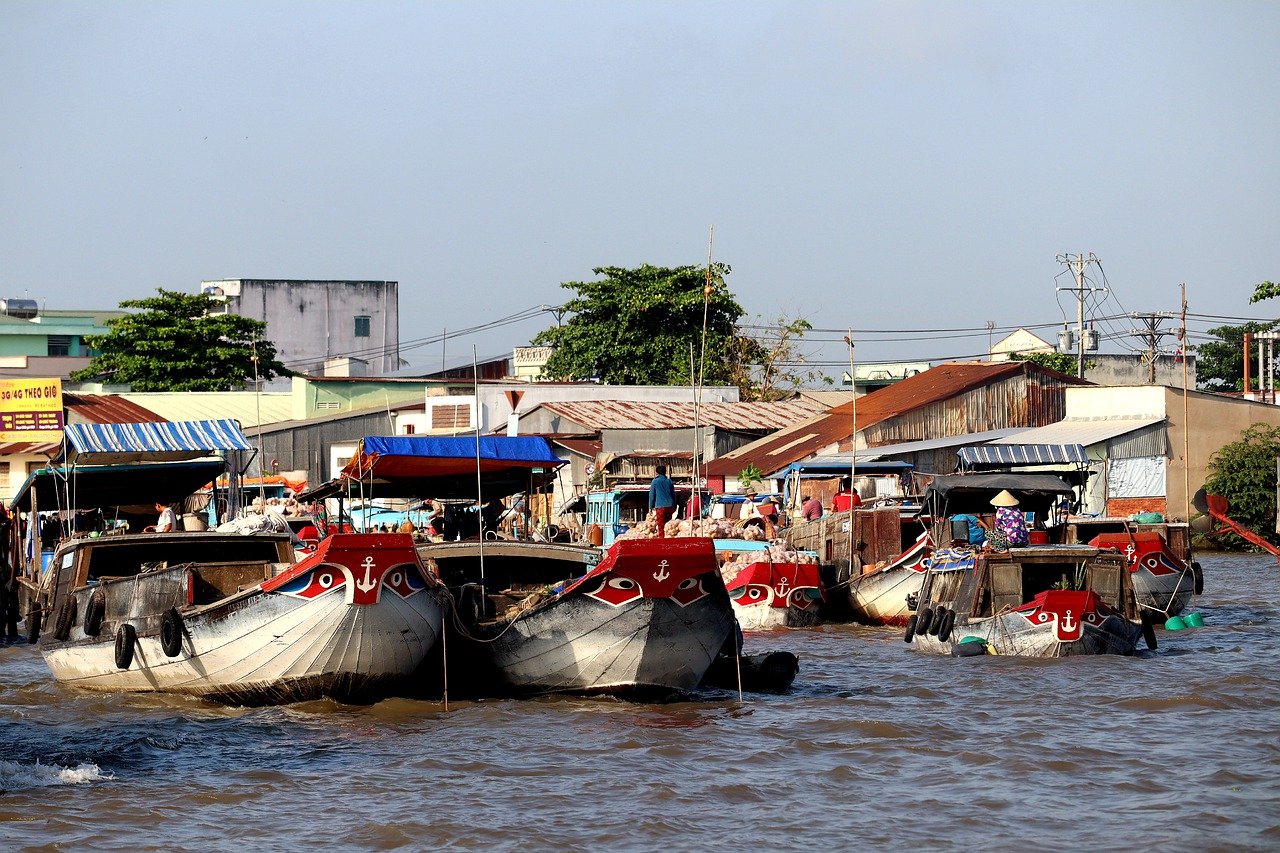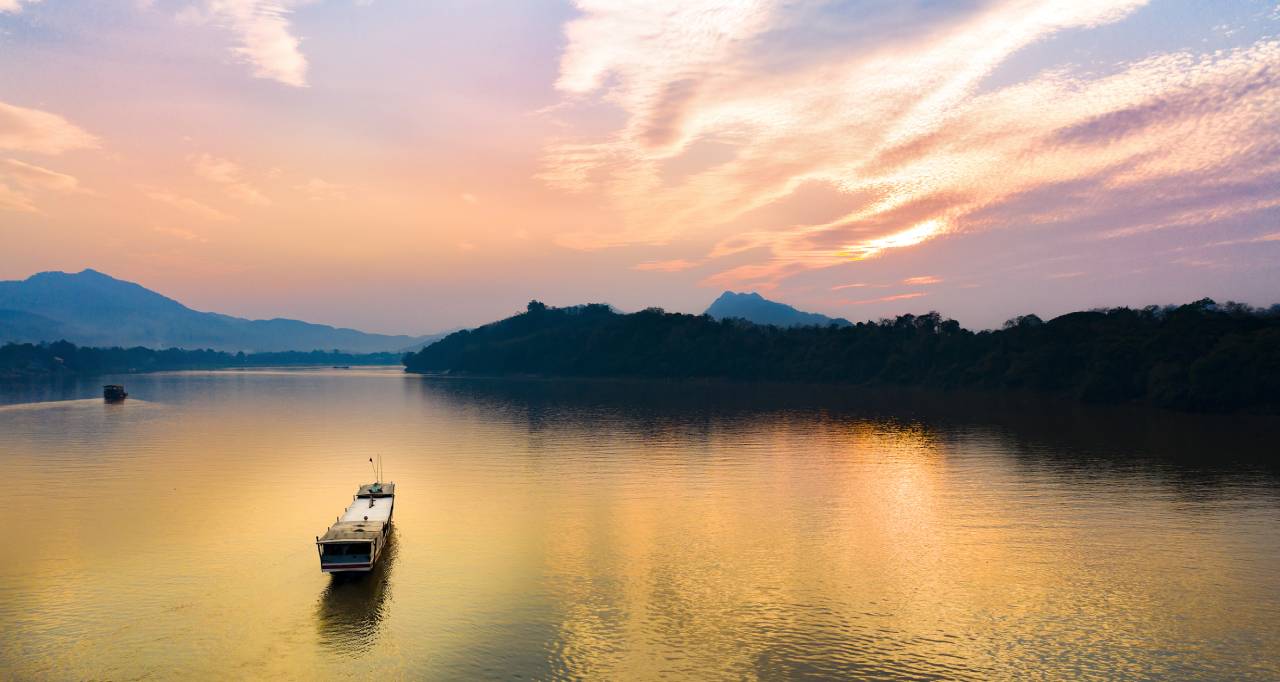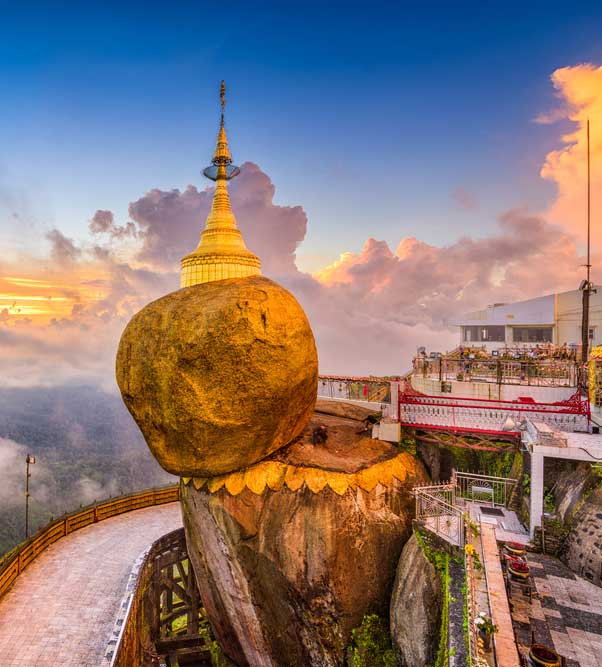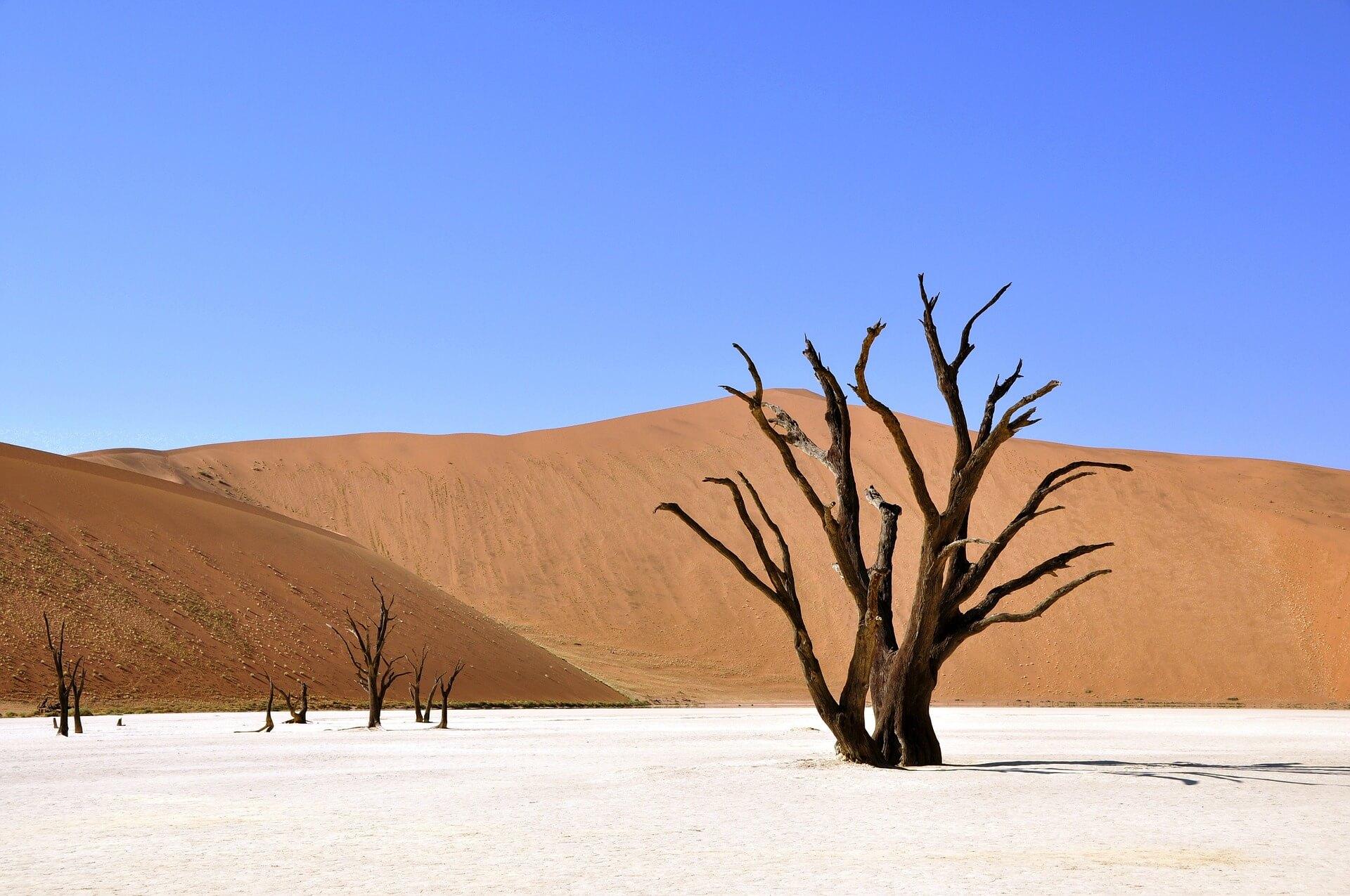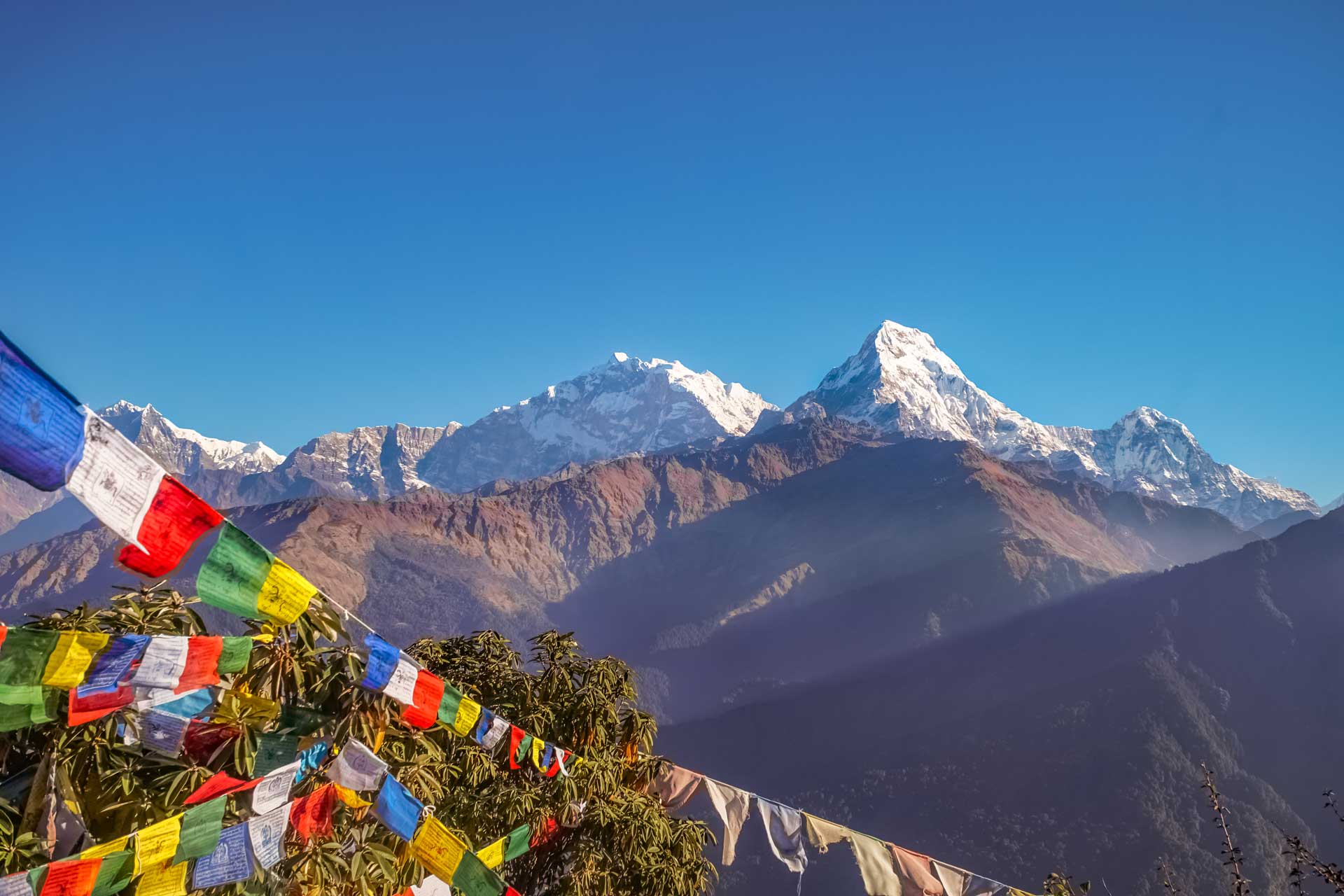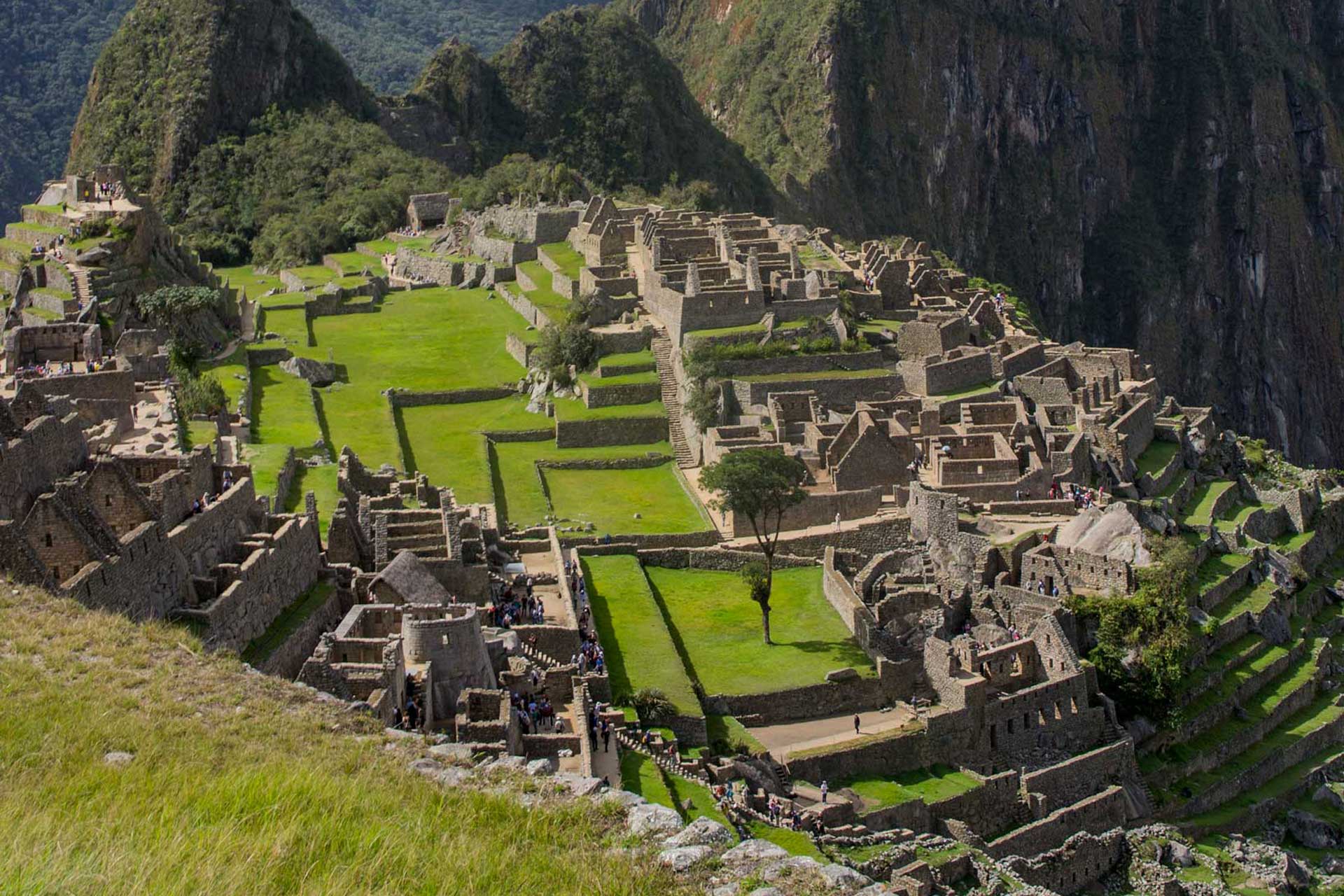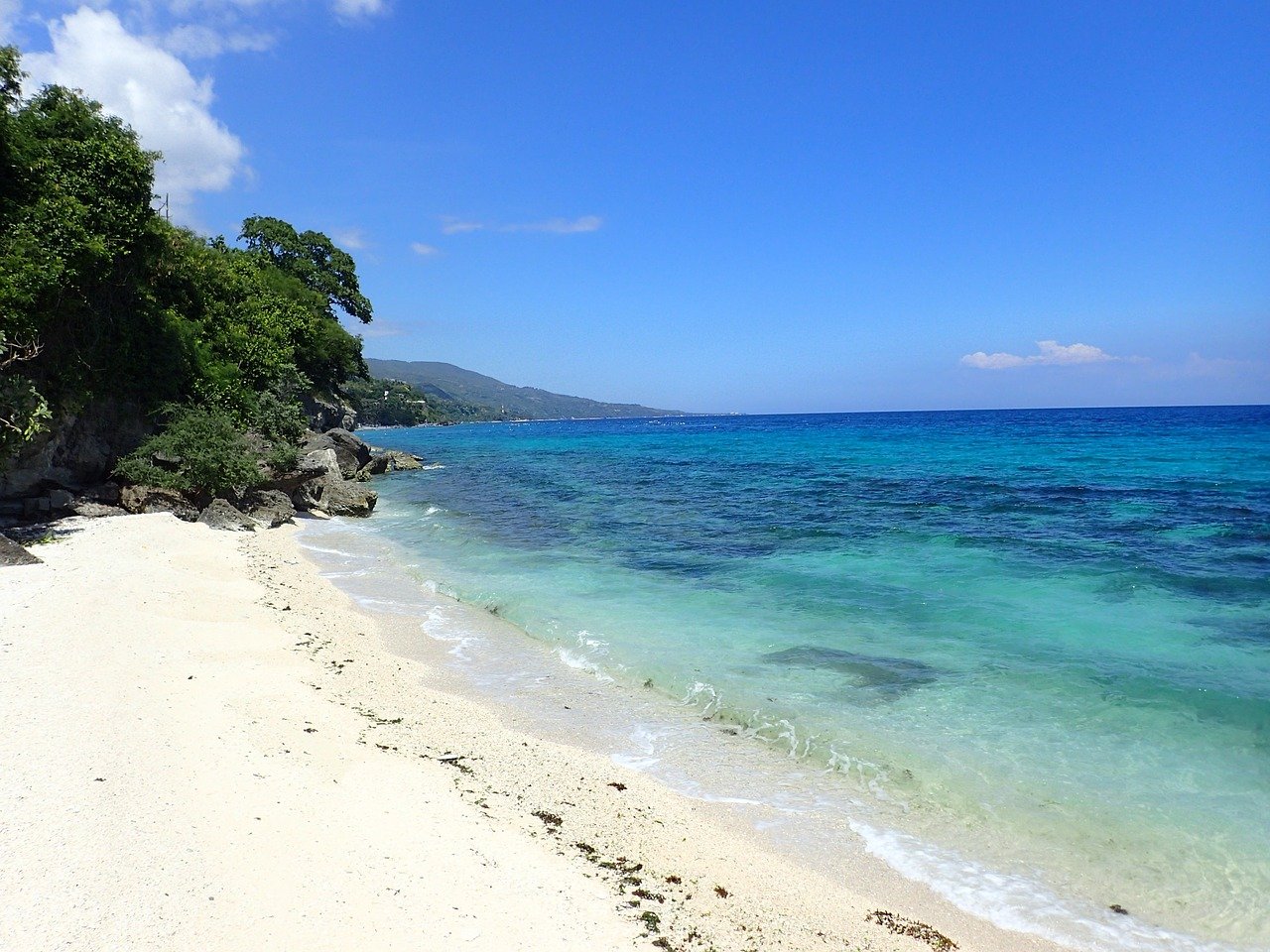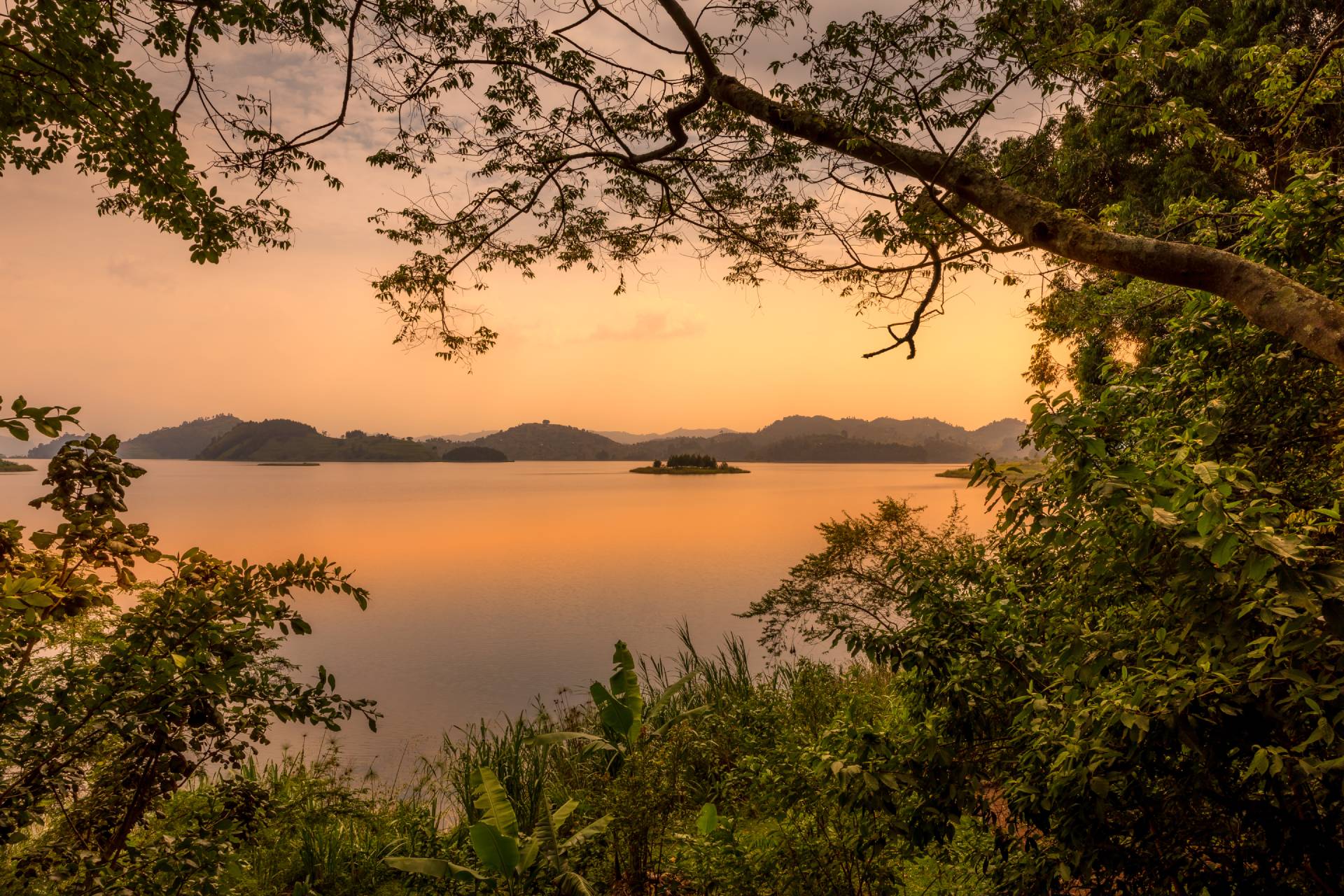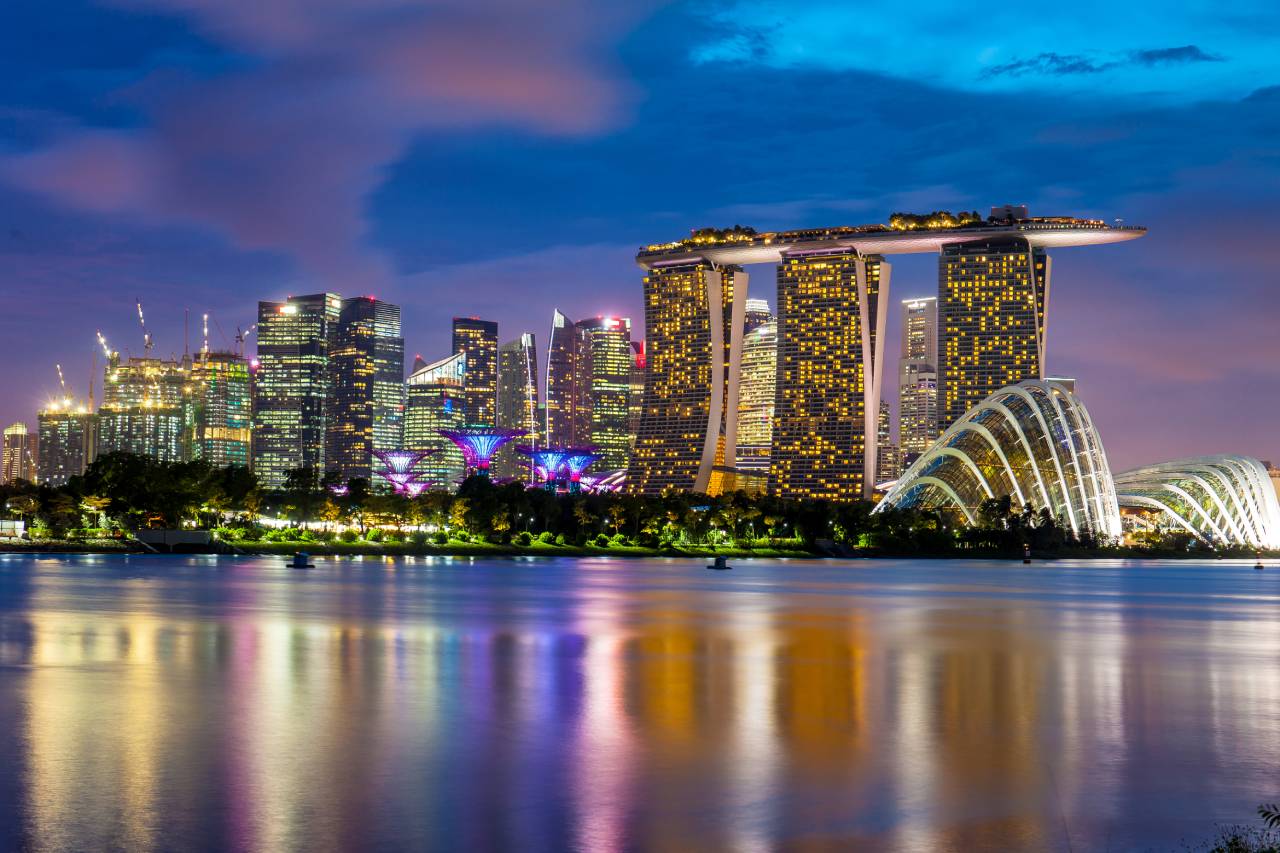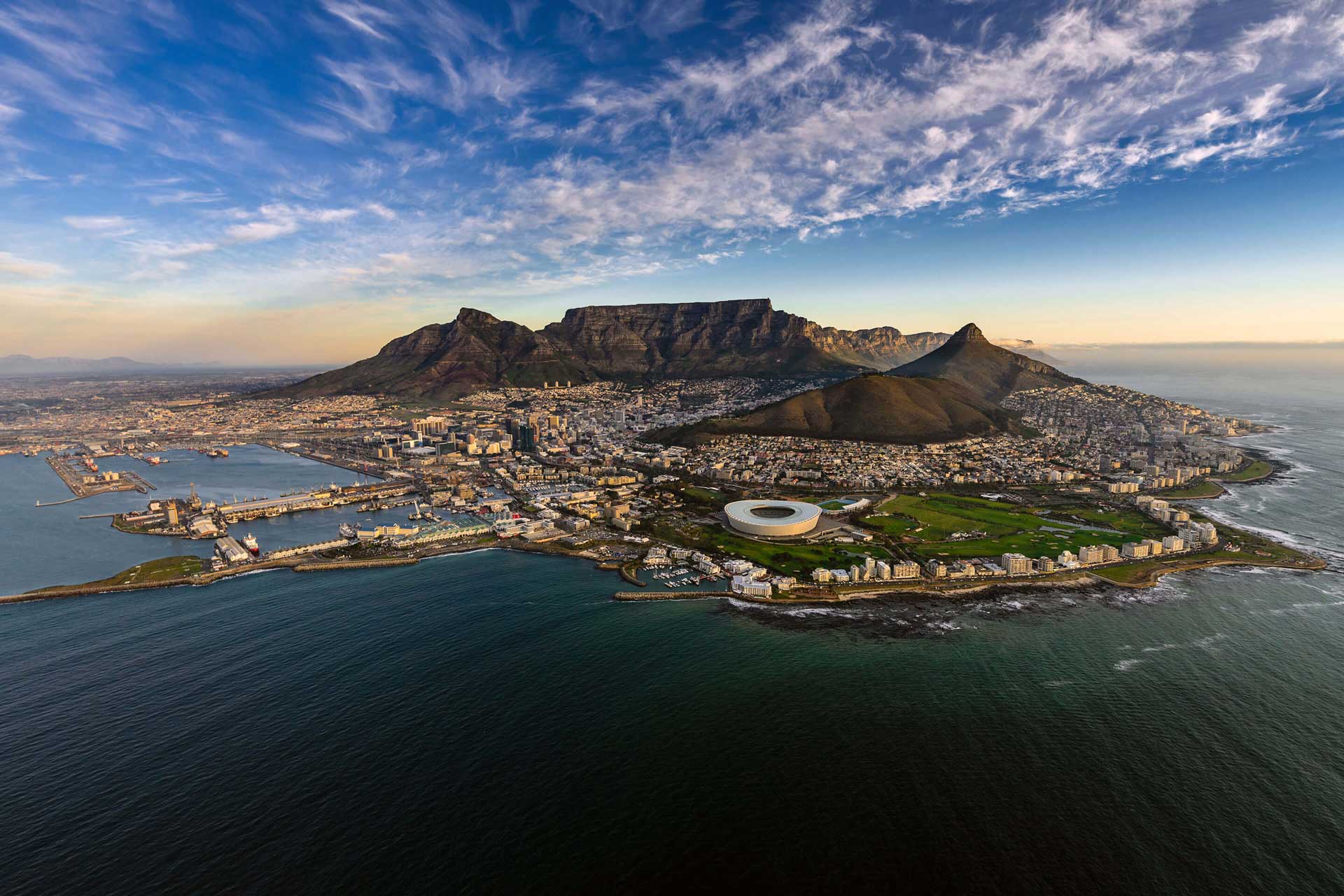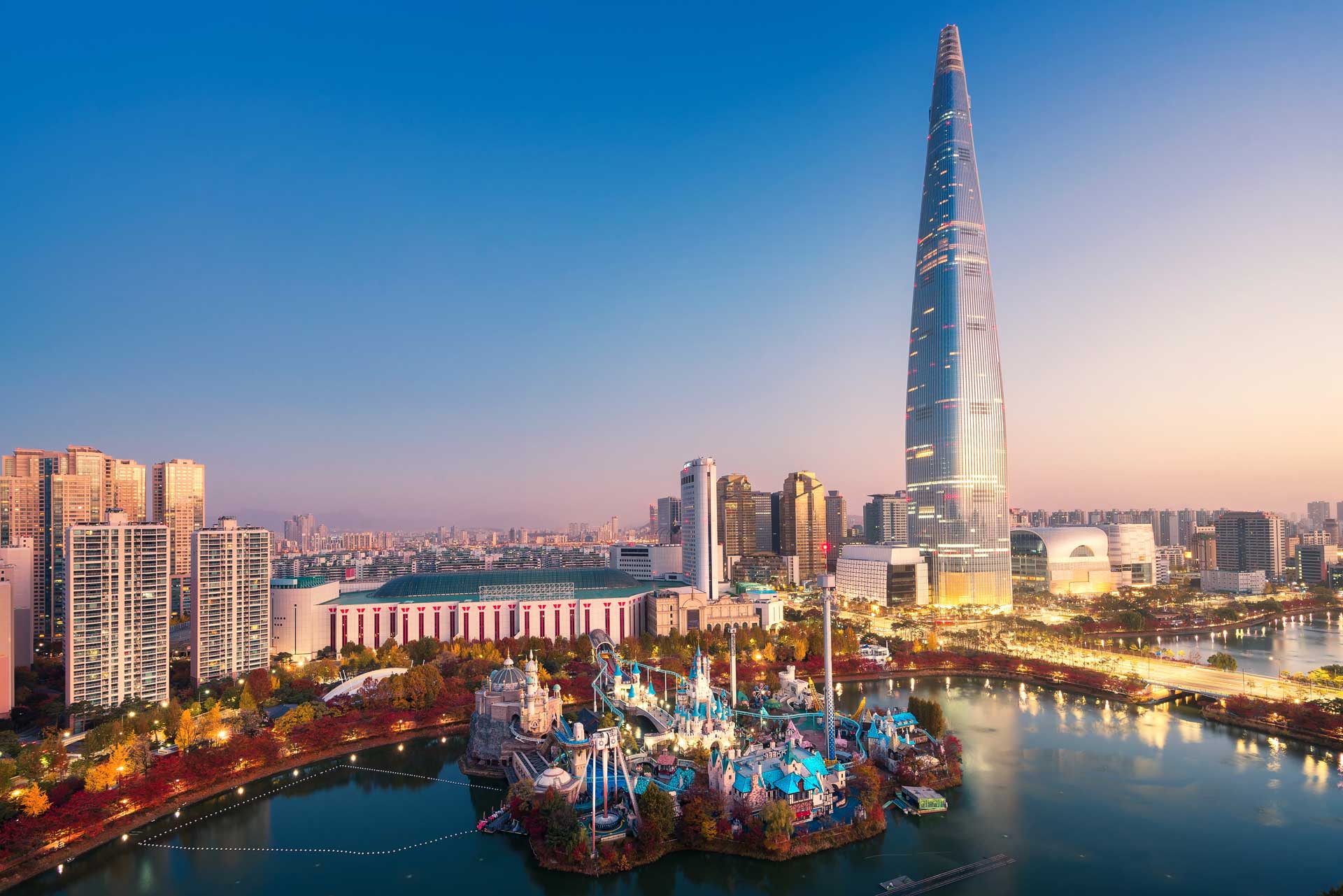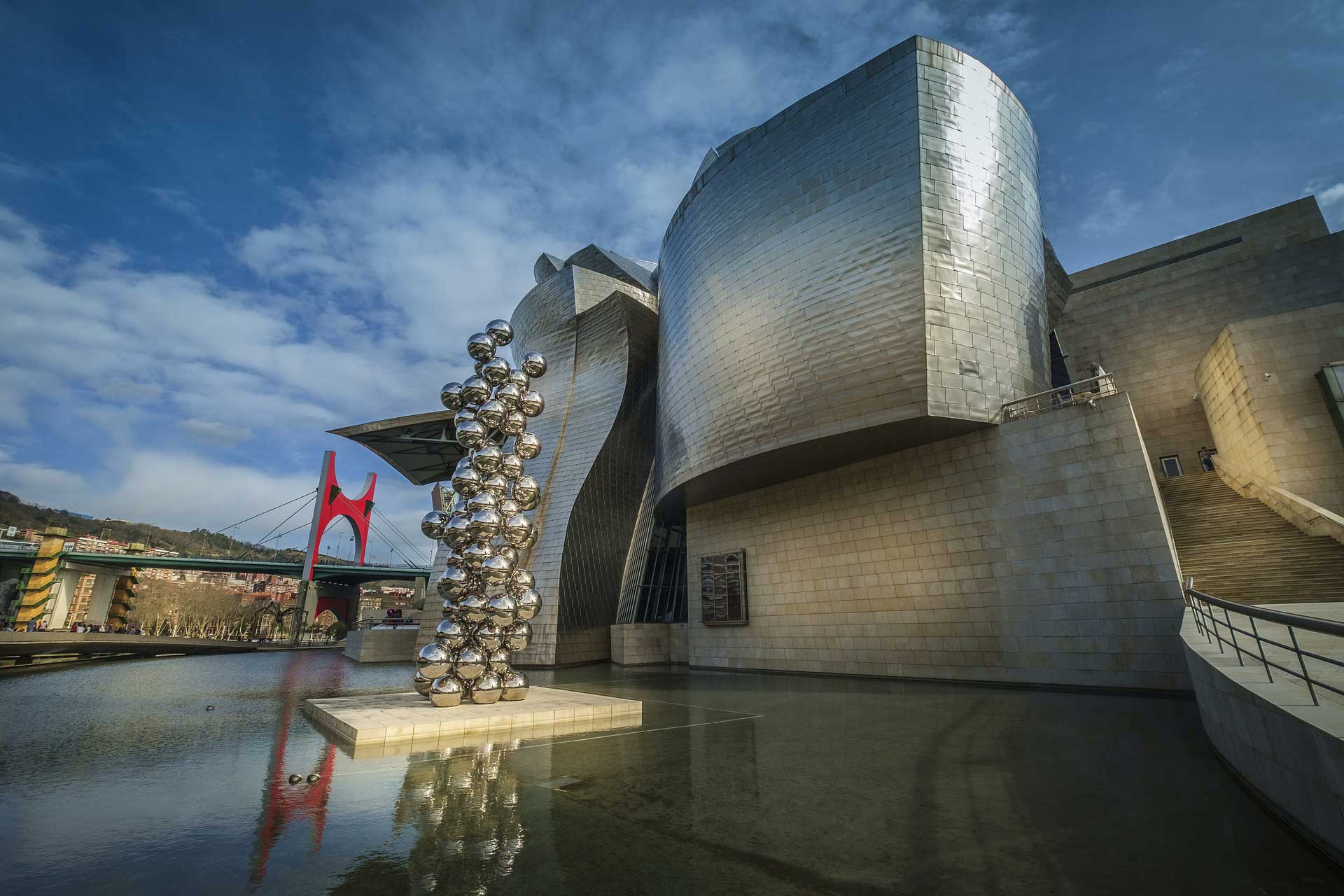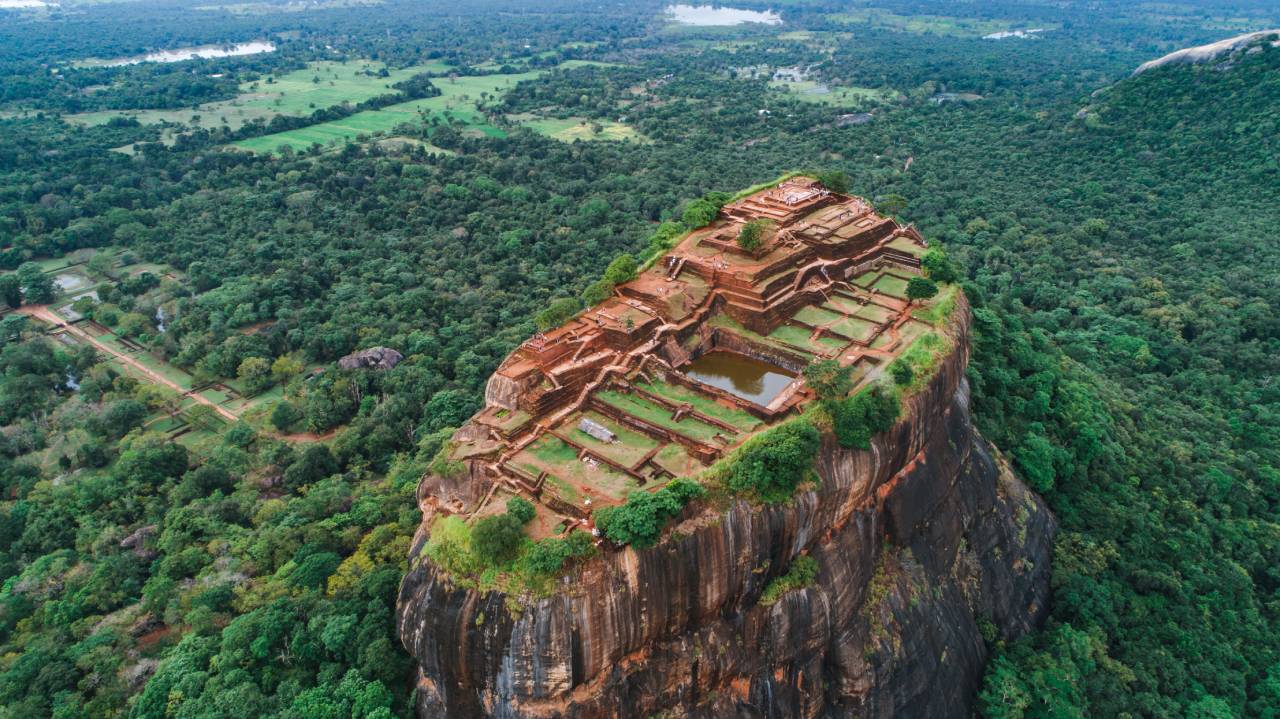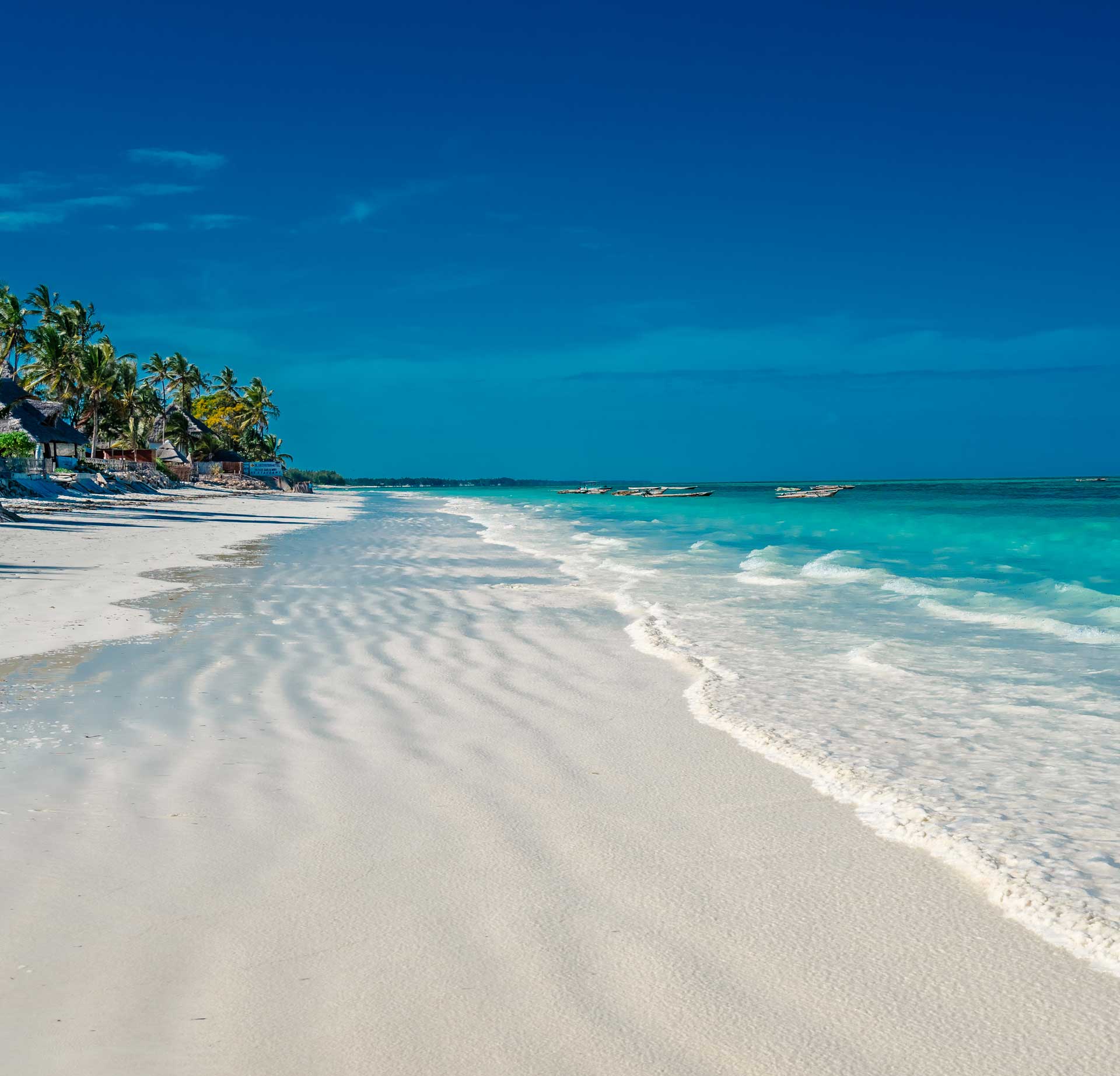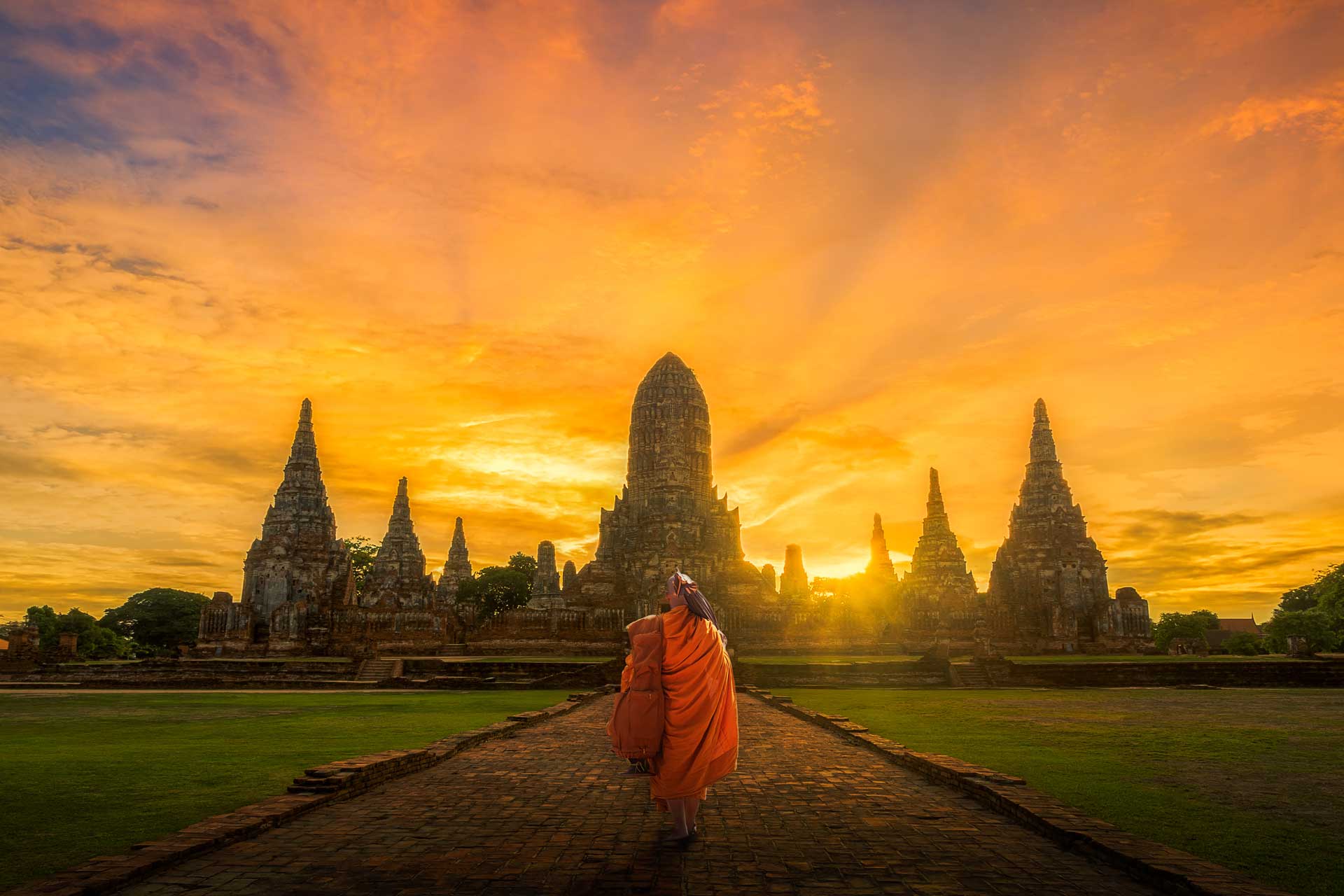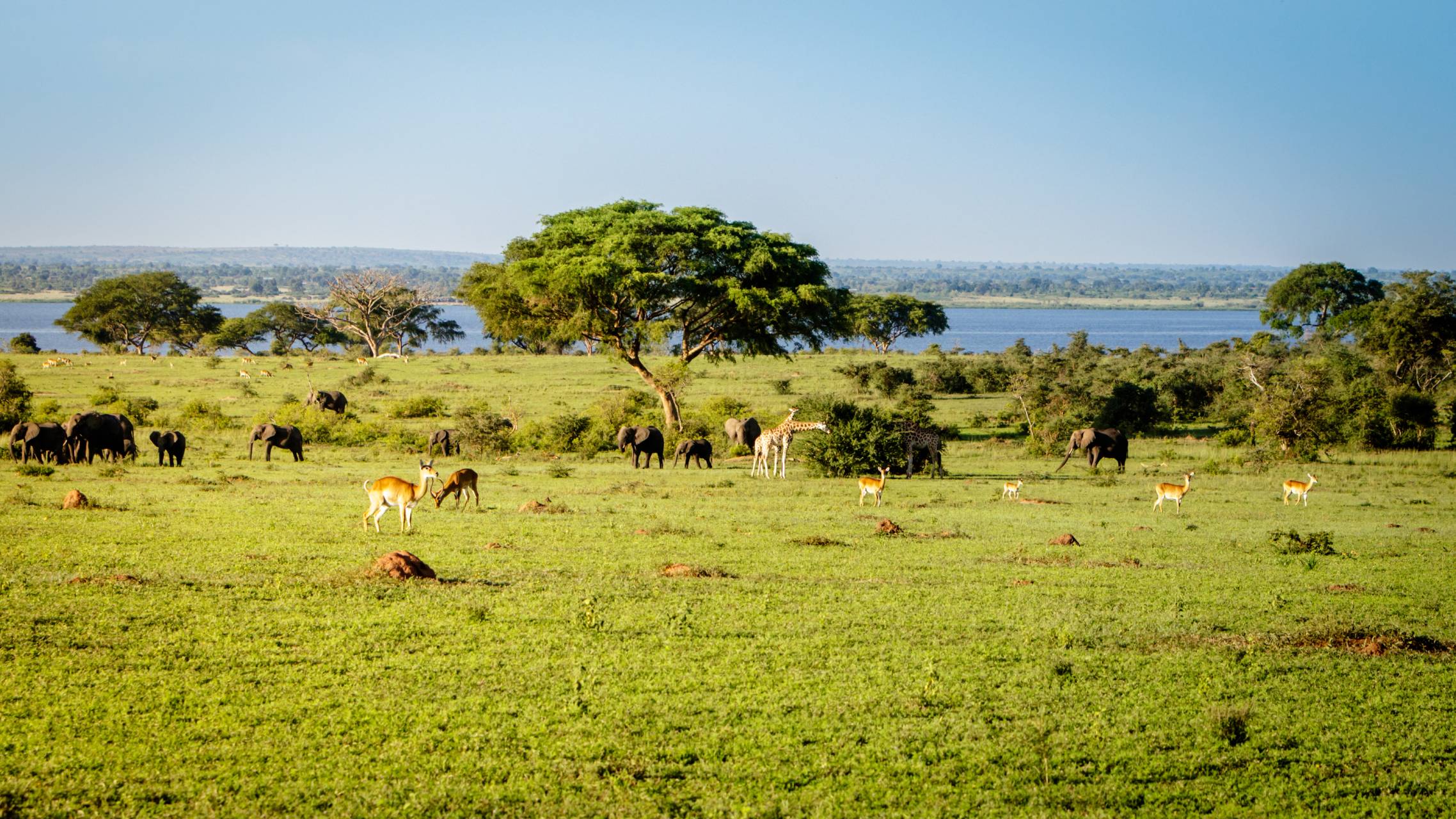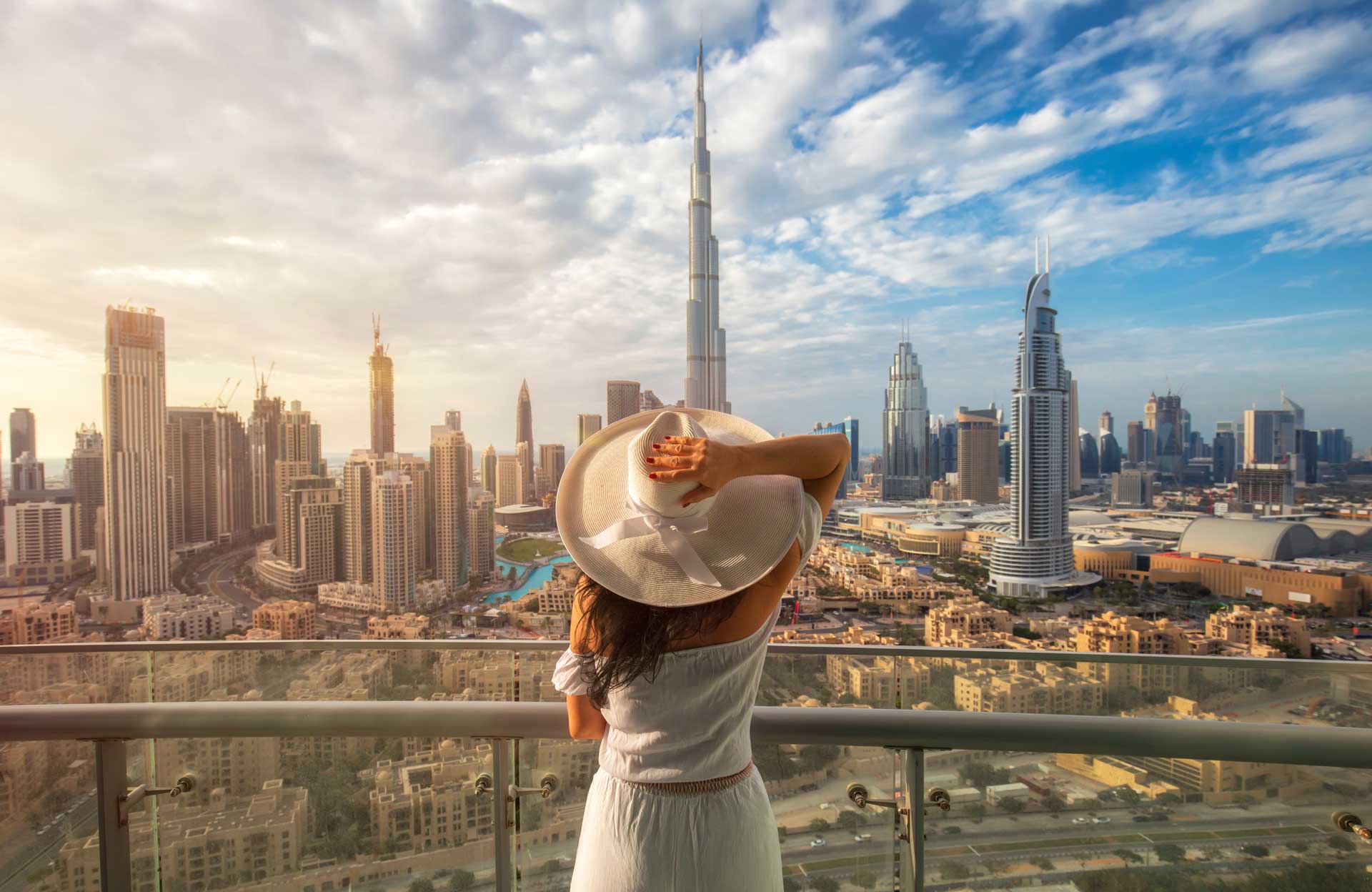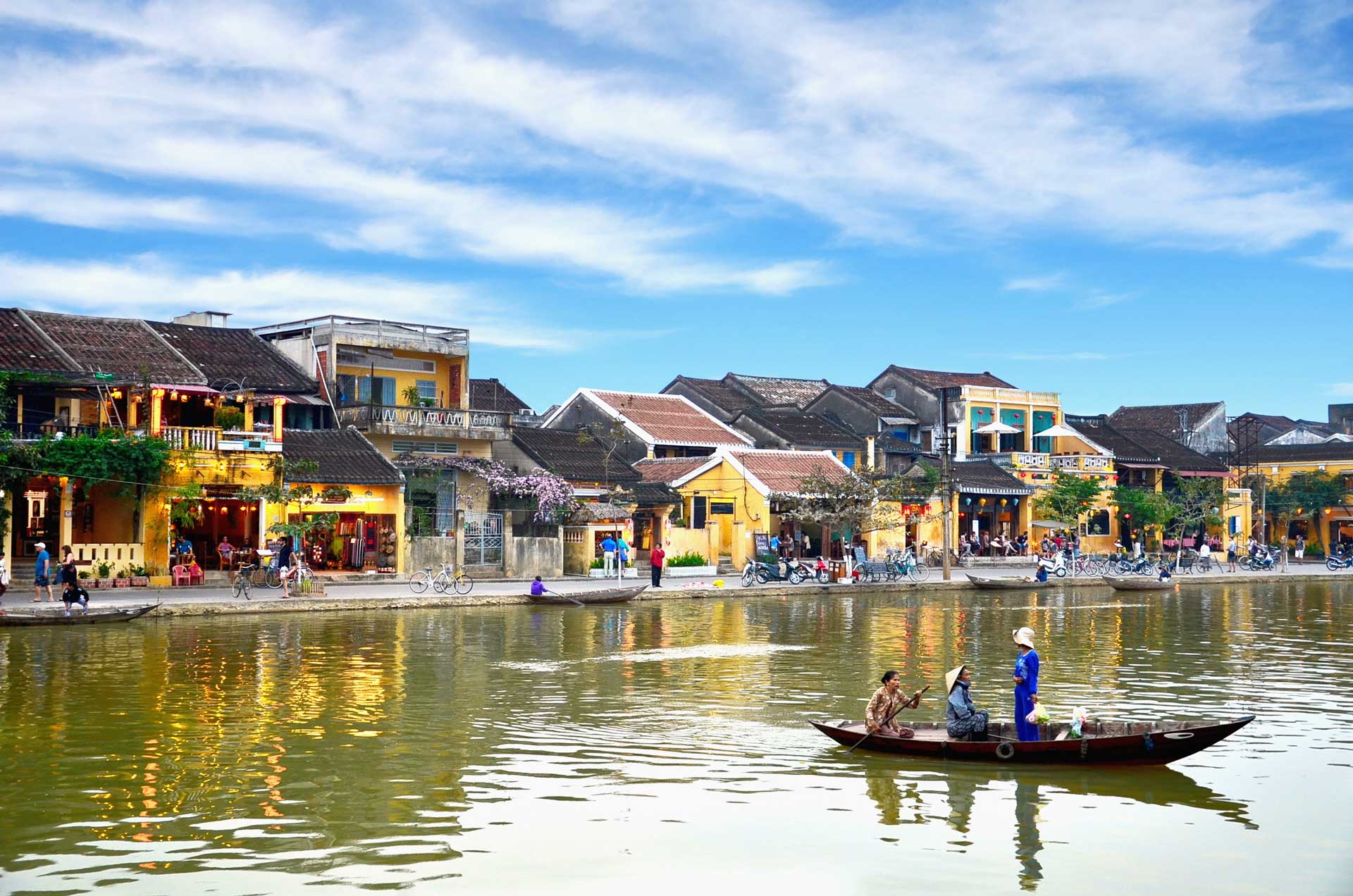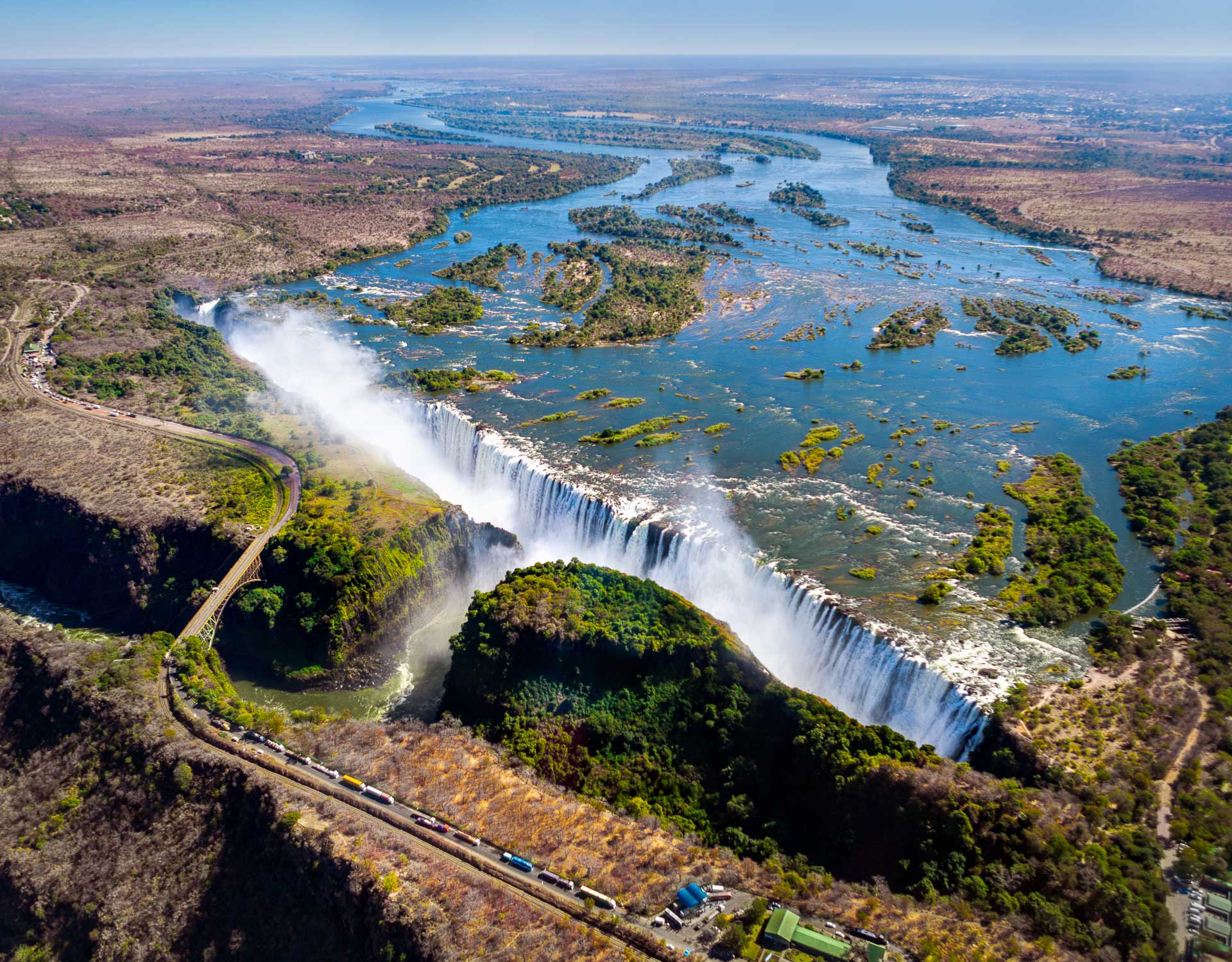Splendours of Japan
Duration
13 days
On specific dates
Guaranteed
with 4 travellers
Max group size
16 travellers



WHAT TO EXPECT
Indulge in a moment of tranquillity at Hamarikyu Garden while savouring the flavours of matcha (green tea) and traditional Japanese sweets. Immerse yourself in the captivating world of bonsai as you stroll through the enchanting Omiya Bonsai Village, home to numerous nurseries and private gardens. Discover the profound Zen culture and exquisite architecture at the Daitokuji Temple complex. Delve into the historic charm of Kurashiki, where former rice storehouses have been transformed into captivating museums and charming cafés.
Splendours of Japan
Day 1: Arrival in Tokyo
Welcome to Japan! Upon arrival in Tokyo, you will be transferred to your hotel. Take advantage of some free time to unwind and explore the city at your own pace. You will be staying in Tokyo for three nights, immersing yourself in its vibrant atmosphere and discovering its captivating attractions.
Day 2: Tokyo (B)
Start the day by a tour briefing before embarking on a day of exploration in Tokyo, using the city’s efficient public transportation system. Begin by immersing yourself in the lively atmosphere of Asakusa, where you can visit the oldest Buddhist temple in Tokyo, Sensoji Temple. Although originally founded in 628, the current building was rebuilt after bombing destroyed the original in WW2. From Asakusa board a boat for an approximate 35-minute cruise along the Sumida River to Hamarikyu garden, an oasis of calm in busy Tokyo. Hamarikyu is a traditional Japanese garden that was created in 1654 but only opened to the public in 1946.
Day 3: Tokyo - Day Trip to Omiya Bonsai Village (B)
This morning take an approximate 1-hour train ride from Tokyo to Omiya Bonsai Village. Spend time exploring the village which is home to multiple bonsai nurseries and gardens. Learn about the art of Bonsai and view 1,000-year-old bonsai trees at the Bonsai Art Museum. Later return to Tokyo, where you will travel to serene Meiji Jingu shrine. Dedicated to the late 19th-century emperor who opened Japan to the West, Tokyo’s most famous Shinto shrine is wonderfully serene and austere. The 12-metre-high torii gate at the entrance to the 200-acre park is made of 1,500-year-old cypress, and there’s a second one like it closer to the shrine itself. Then walk down Omotesando, a pleasant tree lined street popular for shopping.
Day 4: Tokyo to Kanazawa (B/L)
Travel by bullet train to Kanazawa enjoying a Bento box for lunch on the way. Kanazawa is one of Japan’s loveliest and best-preserved historical cities spared during the air raids in WW2. Kanazawa is a must for people interested in Japan’s history, gardens, food and art. In the afternoon, see Tersahima Kurando House which was the house of a middle-rank Samurai, constructed in the latter half of the 18th century. The existing mansion, storehouse and mud wall tell the actual condition of a middle-class samurais residence during that period. Kurando was a painter as well and his works are exhibited in the house. Then stroll through Kenrokuen Garden, considered one of the Three Great Landscaped Gardens of Japan. The garden features a variety of flowering trees which provide the garden with a different look each season and is teeming with water features, bridges, teahouses, viewpoints and hidden nooks to discover. Finally, visit the D. T. Suzuki museum, a small museum commemorating the life and works of Suzuki Daisetz Teitaro (1870-1966), a prominent Buddhist philosopher. Suzuki was a prolific writer who was instrumental in introducing Japanese Zen philosophy to the west. The museum mirrors this with architecturally clean, simple lines and open spaces often causing visitors to pause and reflect. Return to your hotel for an evening at leisure.
Day 5: Kanazawa (B)
Enjoy a free day to further explore Kanazawa. You might like to just wander around the ancient streets soaking up the atmosphere or perhaps visit the bustling Omicho Market with colourful displays of seafood, vegetables and pickles. Several of the stalls double as humble restaurants where you could sample some of the seafood that Kanazawa is renowned for, and that many consider is Japans best sushi owing to the freshness of the seafood.
Day 6: Kanazawa to Kyoto (B)
Enjoy a leisurely breakfast this morning, before boarding the train for Kyoto. The spiritual and cultural capital of Japan, Kyoto is the setting of more than 1,600 temples and shrines, a headquarters for geisha courtesans, and the home of royal cuisine. This enigmatic city is the birthplace of some of Japans most beautiful sites and alluring traditions: tea ceremonies, ‘shodo calligraphy, peaceful rock gardens, and an array of artistic and intellectual pursuits. Upon arrival in Japans most beguiling city, travel the short distance to your hotel. Following check in and lunch, visit the World Heritage-listed mountain complex of Fushimi Inari Shrine, one of the most breath-taking in Kyoto. Walk through the vermillion coloured “torii” (a traditional Japanese gate found at shrines), which line kilometres of mountain path, creating a surreal, almost tunnel-like walk to the many sub-shrines and mountain lookout. Early evening return to your hotel.
Day 7: Kyoto (B)
Your discoveries of Kyoto will take in a sampling of treasures starting with a visit to Kennin-ji temple, the oldest Zen temple in Kyoto. Kennin-ji temple is considered to be one of the five most important Zen temples in Kyoto. It is an oasis of calm and has a superb Zen garden that is highly pleasant to stroll around. Continue your exploration with a visit to Yasaka Shrine, one of the most famous shrines in Kyoto. Founded over 1350 years ago the Shrine is particularly well known for its summer festival in July (the Gion Matsuri) and around cherry blossom time as the adjacent park is a favourite cherry blossom spot in Kyoto. Afterwards, venture to Ninnenzaka, situated in the Higashiyama district, and walk around this ancient part of Kyoto where traditional medieval architecture of the houses is well preserved and very interesting to see. Learn the art of a Japanese tea ceremony. The Kimono wearing instructor will take you through all facets of the cha-no-yu (meaning hot water for tea), and its four principles – harmony, respect, purity and tranquillity.
Day 8: Kyoto (B)
Today visit lesser known temples in Kyoto starting with the enchanting Daitoku-ji temple, a walled temple complex famed for historical associations and also the many beautiful Zen gardens it contains. Originally built in 1319, like many historical sites in Kyoto, it was repeatedly destroyed by war and fire before being rebuilt on a grander scale by Zen master Ikkyu Sojun in the late 15th century. Besides the gardens, this temple complex encompasses spectacular architecture, painting and calligraphy. Take in atmospheric Koto – in, one of the subtemples in the complex and arguably the most scenic – surrounded by maple trees. Then, visit Ryogen-in subtemple, constructed in 1502, which houses many rare objects such as a Japanese chess board allegedly played during the Tokugawa shogunate in the early 1600s and an Edo period scroll ‘Old trees and monkeys painted by the famous Japanese painter Hasegawa Tohaku. Lastly, visit the Kinkaku-ji Temple also widely known as the Golden Pavilion dates back to 1397, this temple is a three-storey building which incorporates three distinct styles of architecture specific to each floor.
Day 9: Kyoto to Okayama (B)
This morning take an approximate 90-minute train journey from Kyoto to Okayama. Okayama is an important transport hub and capital of Okayama Prefecture. It is well known for Korakuen one of the three famous landscaped gardens in Japan. Today we visit this lovely garden. In 1687, Ikeda Tsunamasa ordered the beginning of construction of Korakuen. It was completed in 1700 and has retained its original appearance from the Edo period up to the present day, except for a few changes by various Daimyo (feudal Lords). Korakuen is one of the few Daimyo gardens in the provinces where historical change can be observed, thanks to the many Edo Period paintings and Ikeda family records and documents left behind. The garden suffered severe damage during floods in 1934 and during WW2 bombing in 1945, but has been restored based on Edo Period paintings and diagrams. Subsequently, walk to Okayama castle, the symbol of Okayama City. Completed in 1597 after 8 years of construction the town developed around the castle under the direction of Hideie Ukita, a daimyo of the Sengoku period. The main tower was destroyed in 1945 and replicated in 1966. Two of the watch towers survived and are now listed as Important cultural properties by the Agency for Cultural Affairs in Japan. Enjoy an afternoon at leisure.
Day 10: Okayama - Day Trip to Kurashiki (B)
Explore the enchanting preserved canal town of Kurashiki, renowned for its timeless beauty. Take leisurely walks along the historic tree-lined streets, soaking in the picturesque surroundings. Immerse yourself in the town’s artistic ambiance by visiting its numerous art museums. For a delightful experience, consider taking an optional boat ride along the tranquil canals, allowing you to appreciate Kurashiki’s unique charm from a different perspective. Afterward, return to Okayama, where you can enjoy a leisurely evening, indulging in your own preferred activities.
Day 11: Okayama to Osaka (B)
Depart this morning for Osaka. Osaka is Japan’s second largest metropolitan area after Tokyo and is known for its modern architecture, nightlife and hearty street food. Start exploring this city with a visit to Osaka castle, one of Japans most famous landmarks and known for playing a major role in the unification of Japan during the 16th century of the Azuchi-Momoyama period. The castle grounds cover approximately 60,000 square metres (15 acres) and is surrounded by secondary citadels, gates, turrets, impressive stone walls and moats. The garden contains over 600 cherry trees, quite spectacular at cherry blossom time. Then board the Aqua Cruise liner for an approximately 1-hour cruise around the waterways of Osaka. The Aqua Liner is a great way to sightsee from the Ogawa river. Pass the red brick mint building, Taisho-era retro Osaka City Central Public Hall, the historic Tenjinbashi bridge, Tammabashi Bridge and Ginbashi Bridge. The afternoon is at leisure to continue exploring in your own time.
Day 12: Osaka (B/D)
Savour a day of leisure in Osaka, where you have the freedom to explore at your own pace. Immerse yourself in the rich history and culture of the city by visiting the captivating Osaka Museum of Housing & Living or ascend to the breath-taking heights of the 173-meter Umeda Sky Building for a panoramic view of the cityscape. In the evening, indulge in a delightful farewell group dinner in the vibrant Dotonbori Area, savouring the culinary delights and vibrant atmosphere that Osaka is renowned for.
Day 13: Departure from Osaka (B)
Its time to say goodbye, but just think of all the wonderful stories you will take home. An transfer will take you to the airport for your onward journey.
Inclusions
-
Insider Experiences
Arts & Craft - Learn about the art of Bonsai and visit the Bonsai Art Museum
Spiritual - Visit of the D. T. Suzuki museum
Taste - Learn the art of a Japanese tea ceremony
Unique - Boat cruising on Sumida River
-
Accommodation
12 nights in 3-4 star hotels
-
Meals
Daily breakfast
1 local lunch
1 local dinner
-
Transport
Airport transfer on arrival and departure
-
Touring
English speaking tour guide
All entrance fees
Departure Dates
| START DAY | END DAY | PRICE TWIN ROOM | PRICE SINGLE ROOM |
|---|---|---|---|
Booking request
All Destinations
- All Destinations by Region
- Africa
- Asia
- Caribbean
- Europe
- Indian Ocean
- Latin America
- Middle East
- North America
- Pacific
INSIDER JOURNEYS USA
125 Kingstone Dr. Ste. 107
Chapel Hill, NC 27514
info@insiderjourneys.us
INSIDER JOURNEYS AUSTRALIA & NEW ZEALAND
Level 1, 503-505 Kent St
Sydney, NSW 2000, Australia
+61 1300 138 755
info@insiderjourneys.com.au
INSIDER JOURNEYS UK
12 Melcombe Place
Marylebone, London, NW1 6JJ
+44 186 526 8940
info@insiderjourneys.co.uk
INSIDER JOURNEYS CANADA
#650 – 997 Seymour Street
Vancouver, BC V6B 3M1
+1 855 663 3736
info@insiderjourneys.ca
INSIDER JOURNEYS SOUTH AFRICA
812 Park Street
Arcadia, Gauteng, Pretoria
info@insiderjourneys.co.za
INSIDER JOURNEYS IRELAND
Church Lane
Midleton, Cork
info@insiderjourneys.ie
INSIDER JOURNEYS EUROPE
Parkstrasse 39
82065 Baierbrunn
info@insiderjourneys.de

